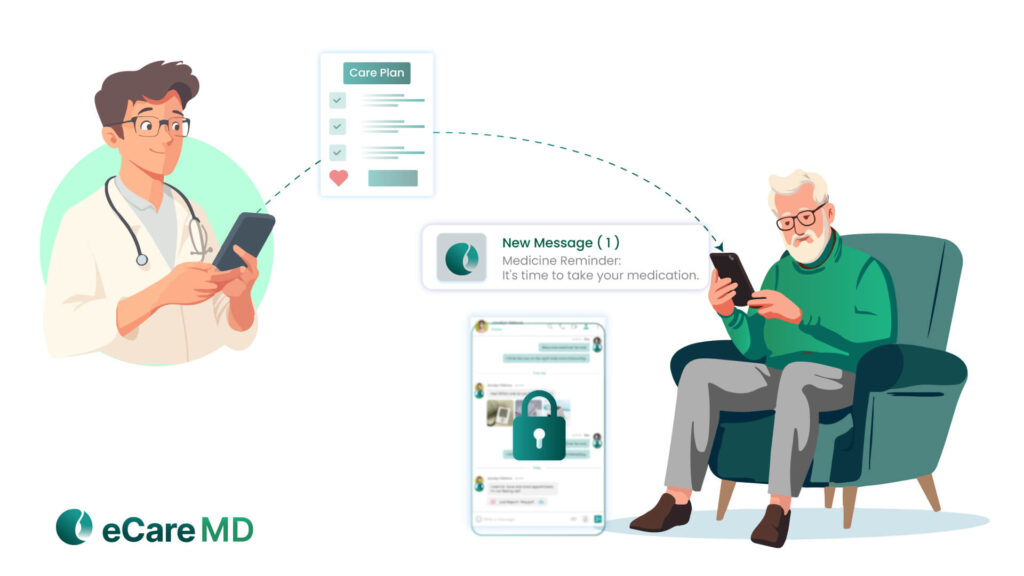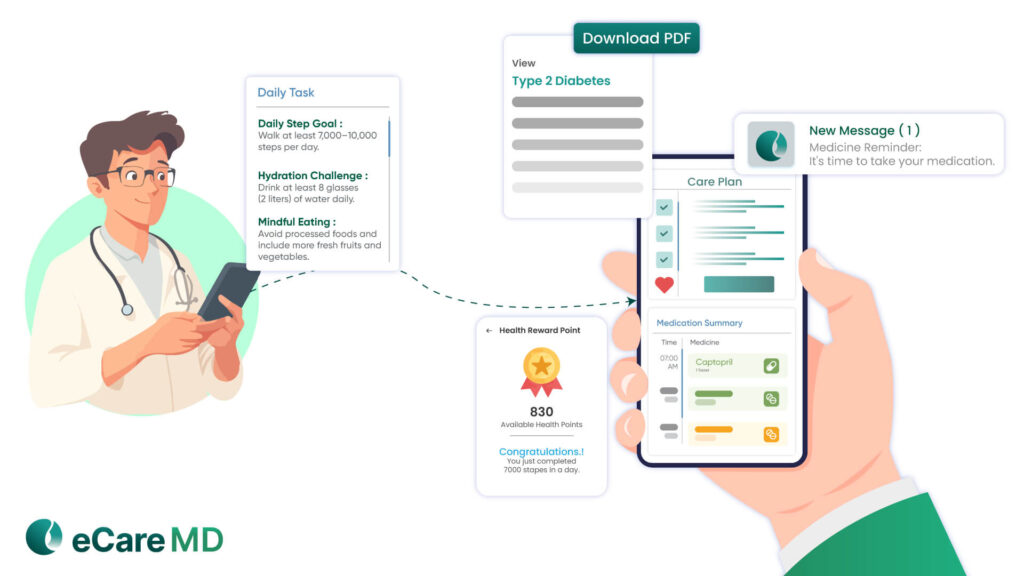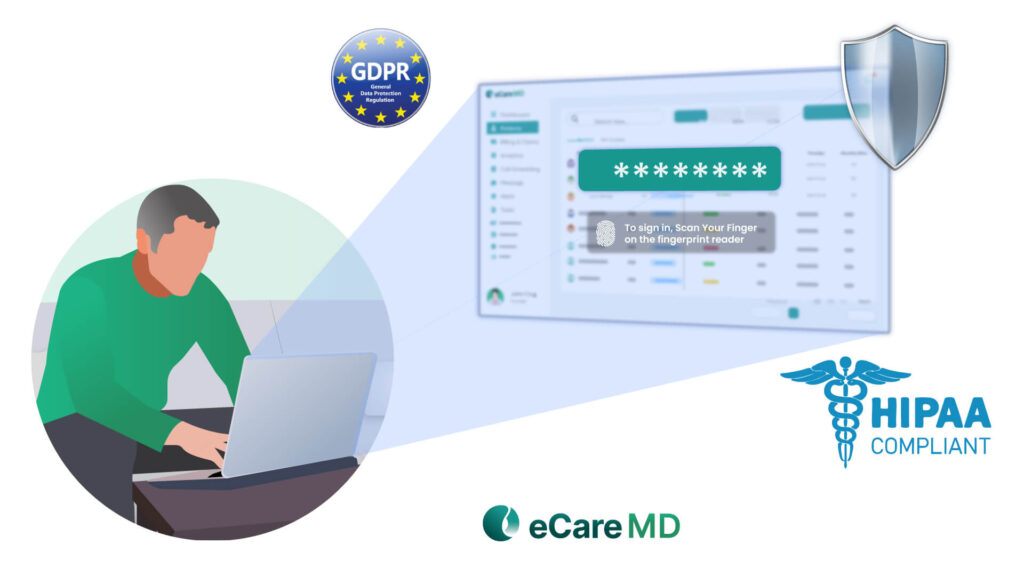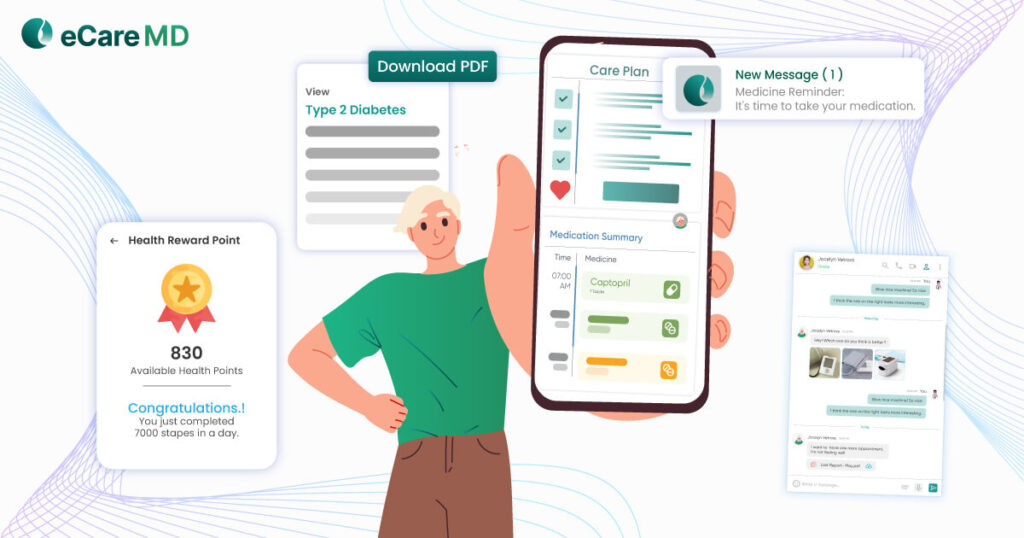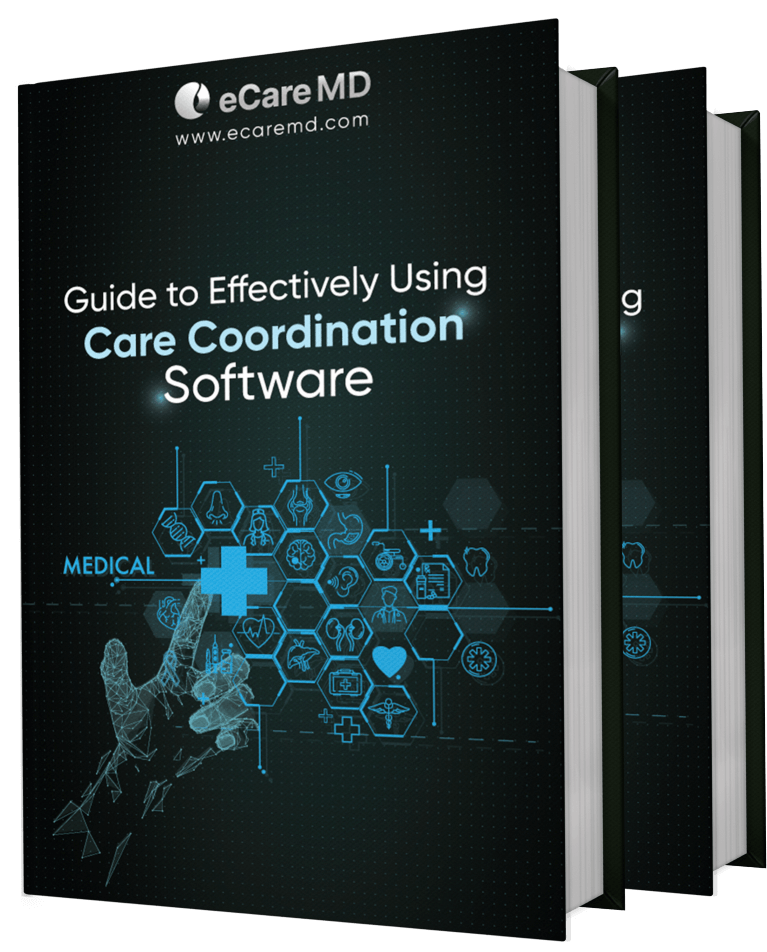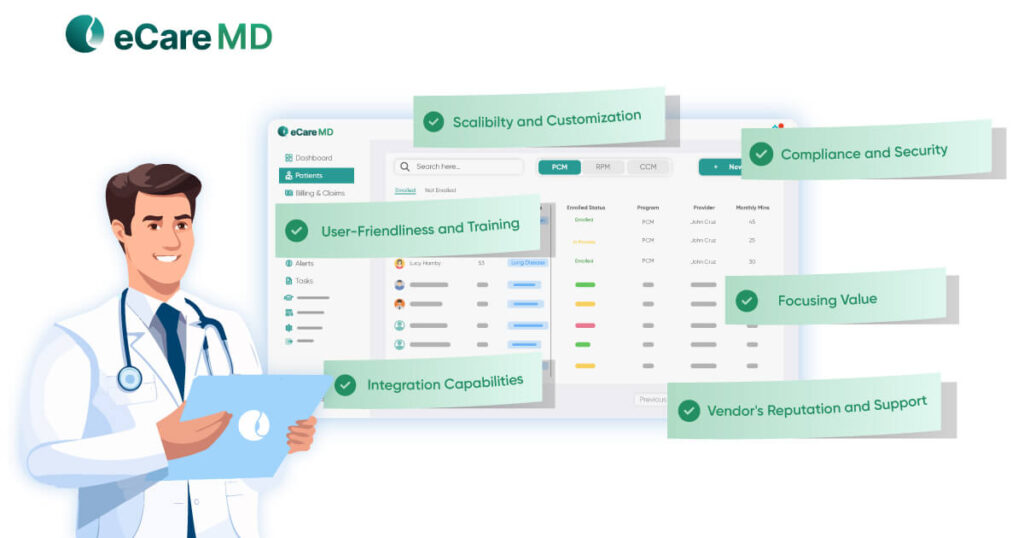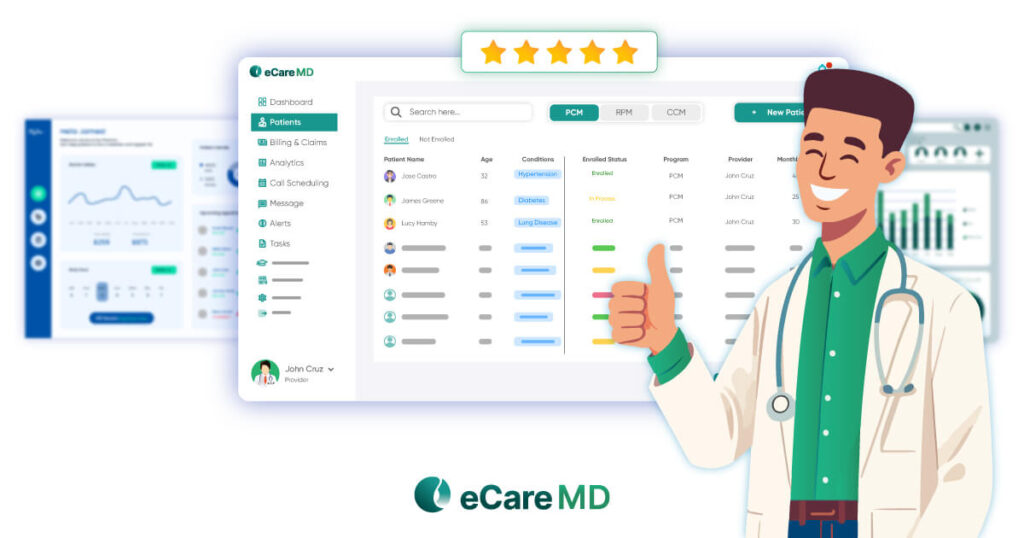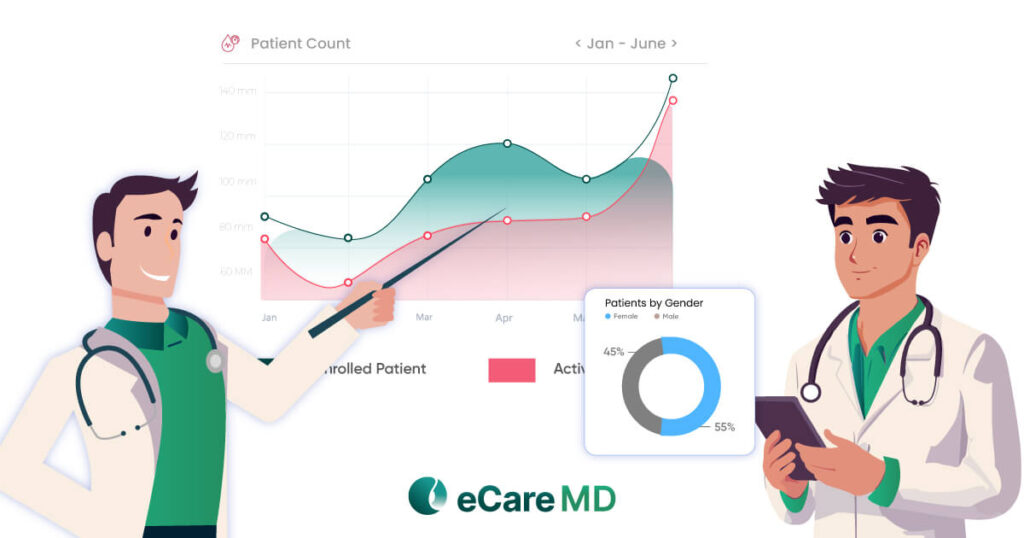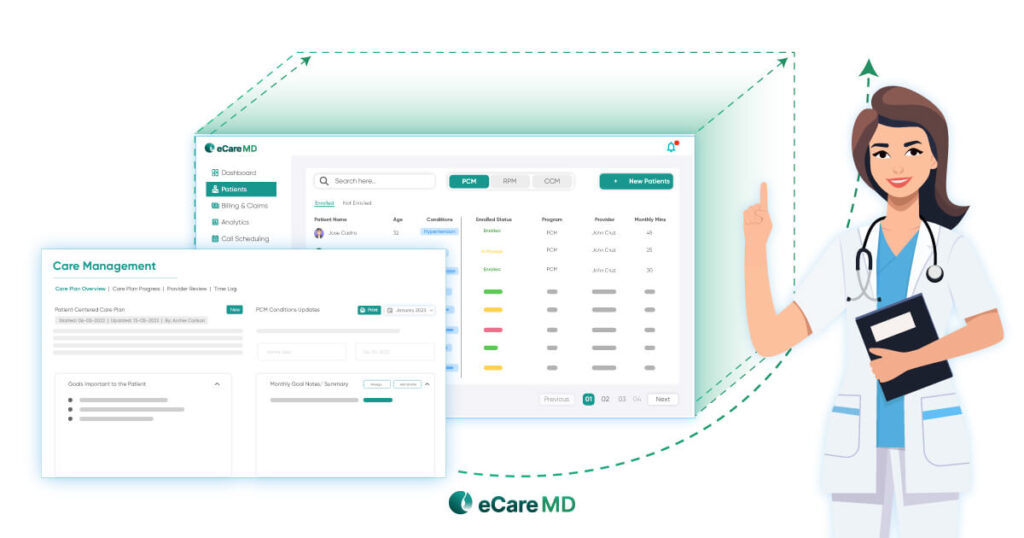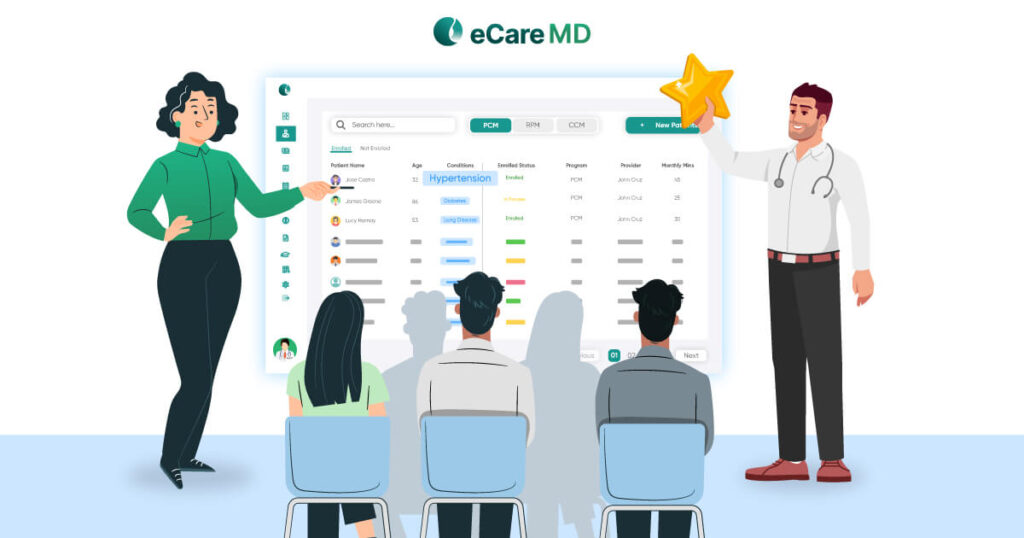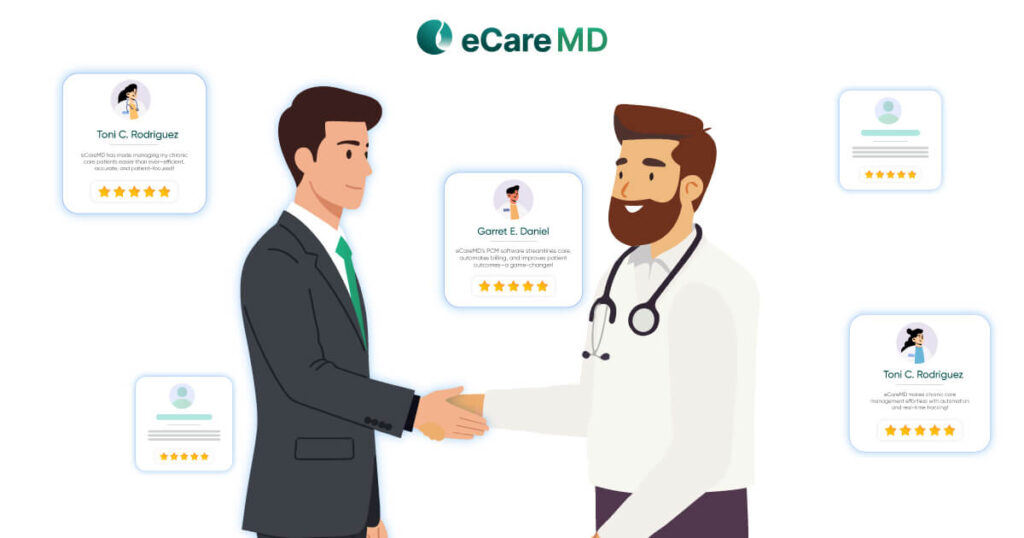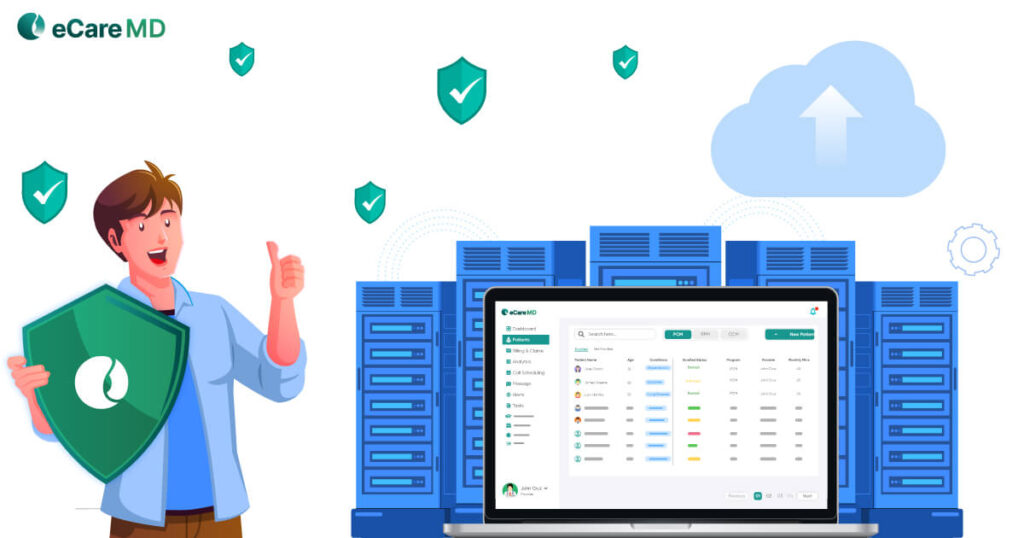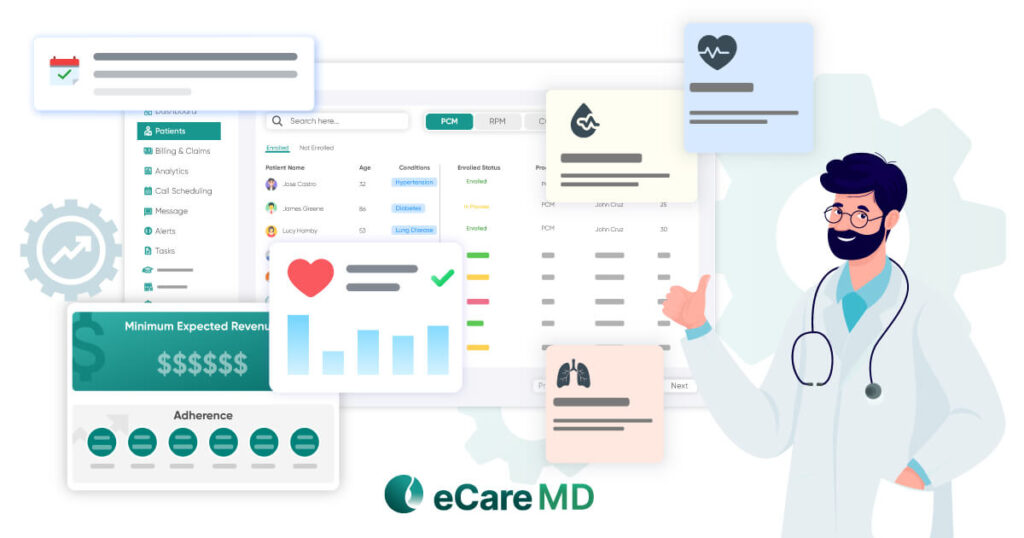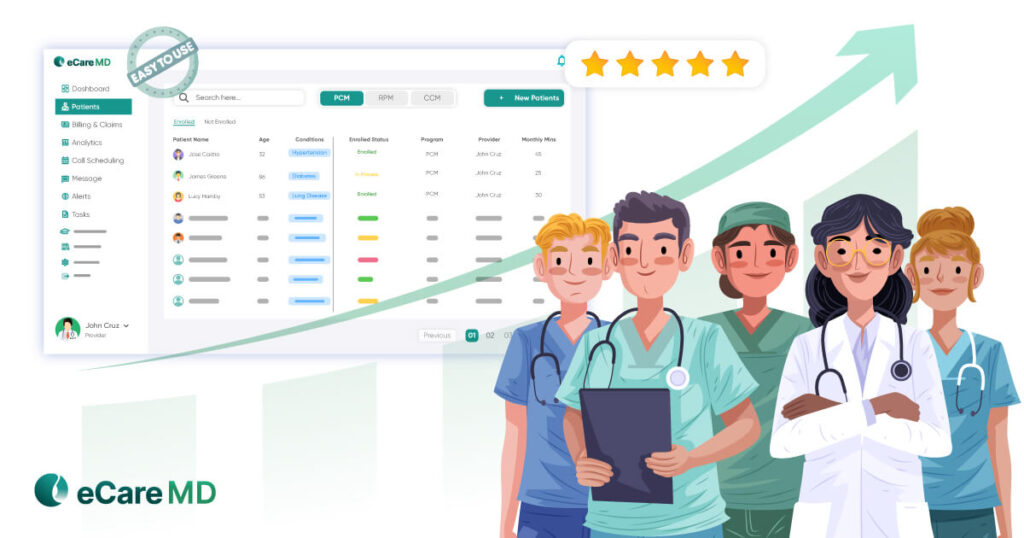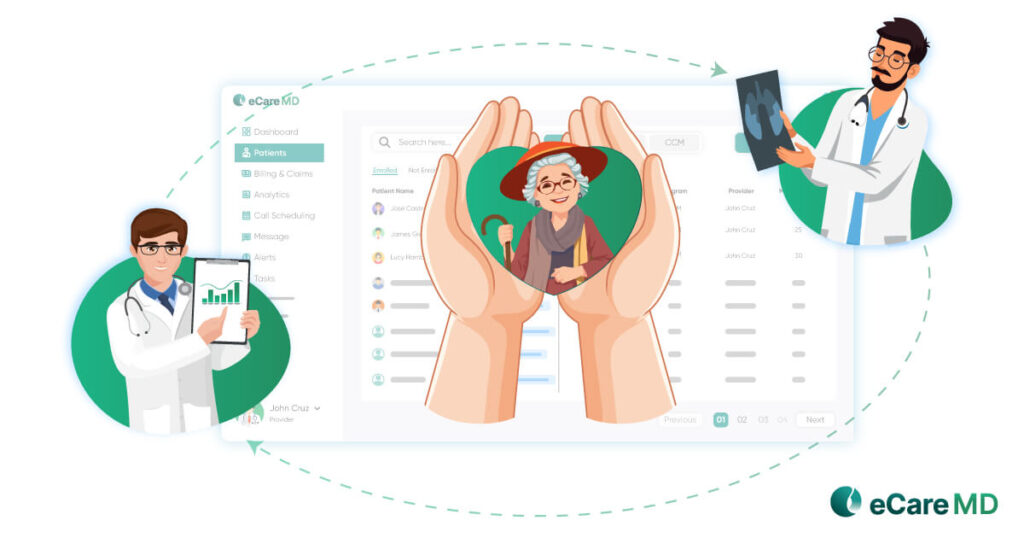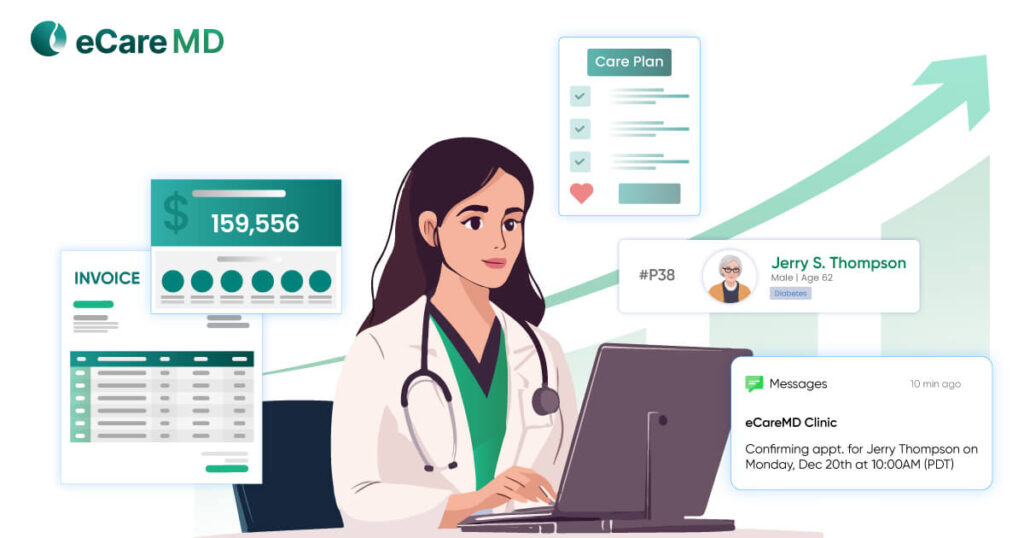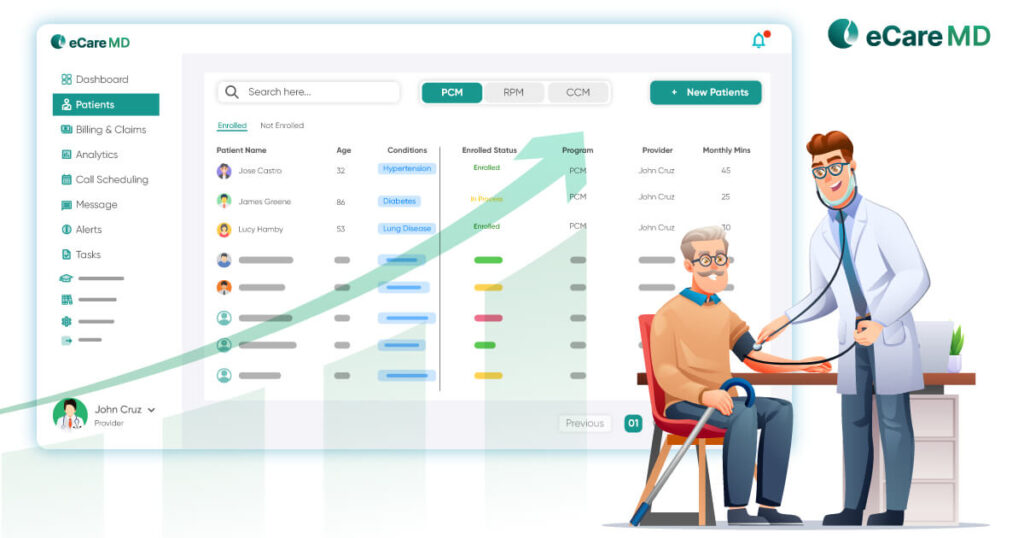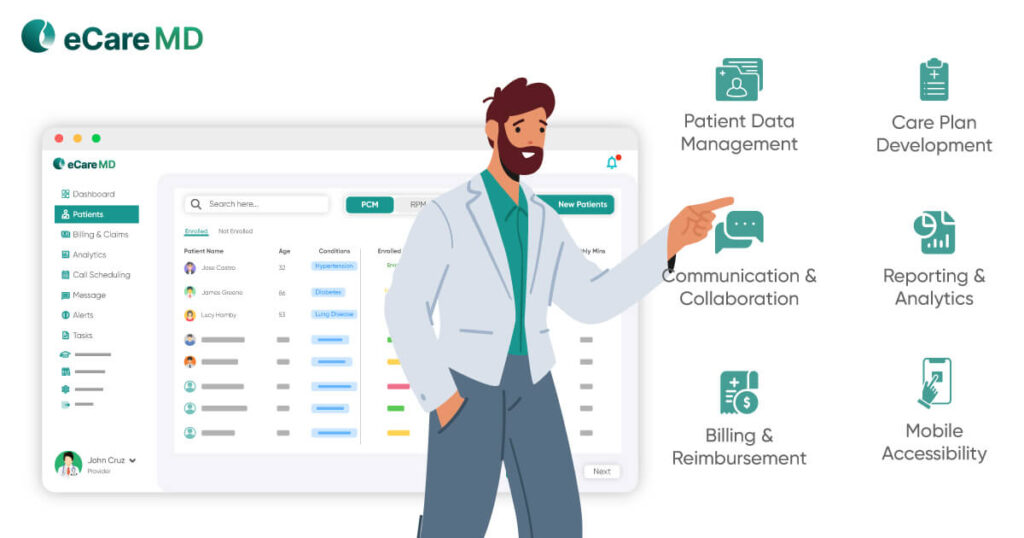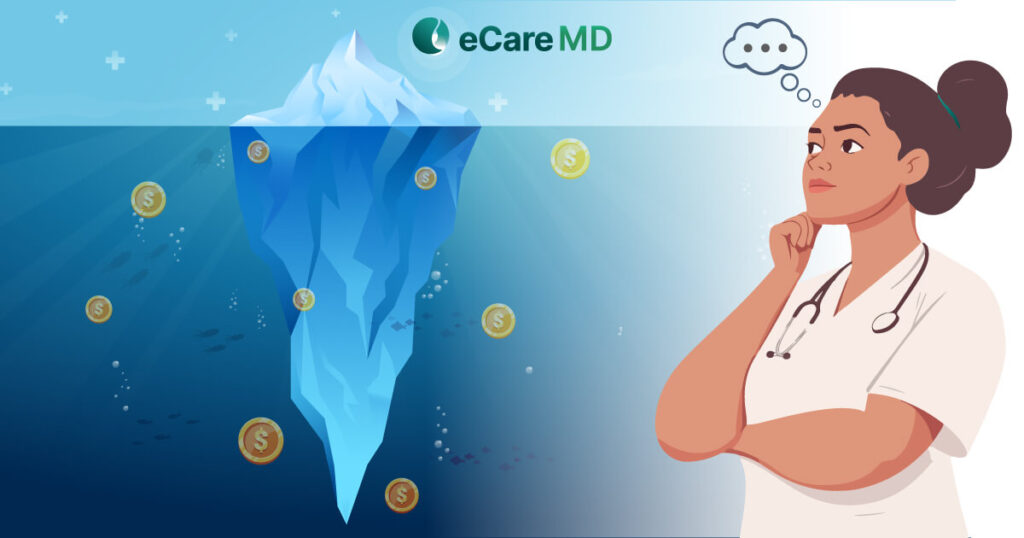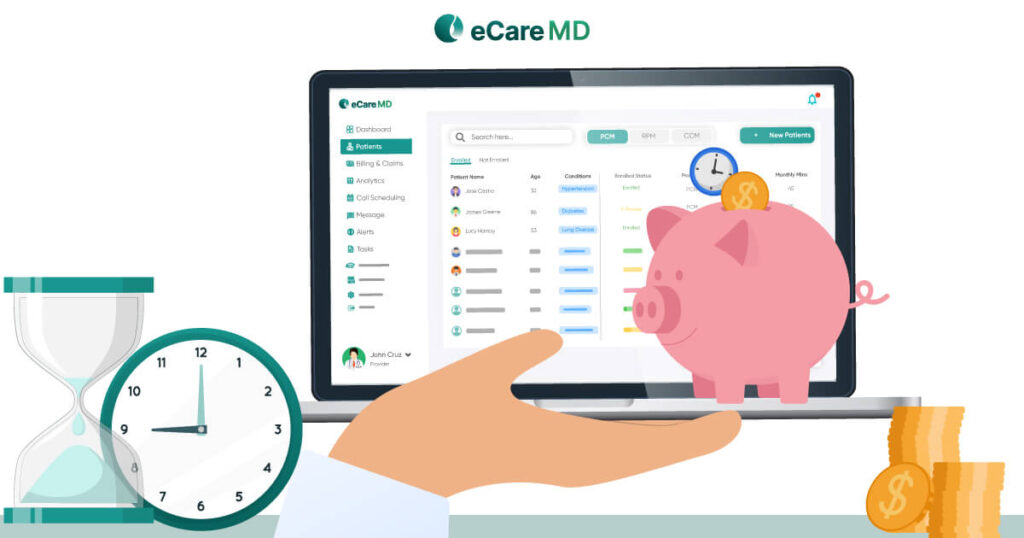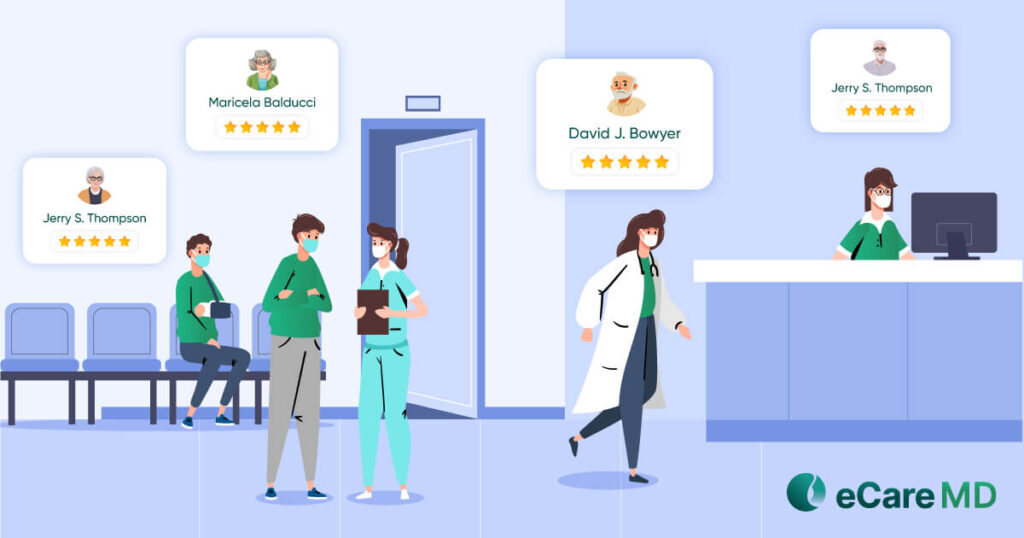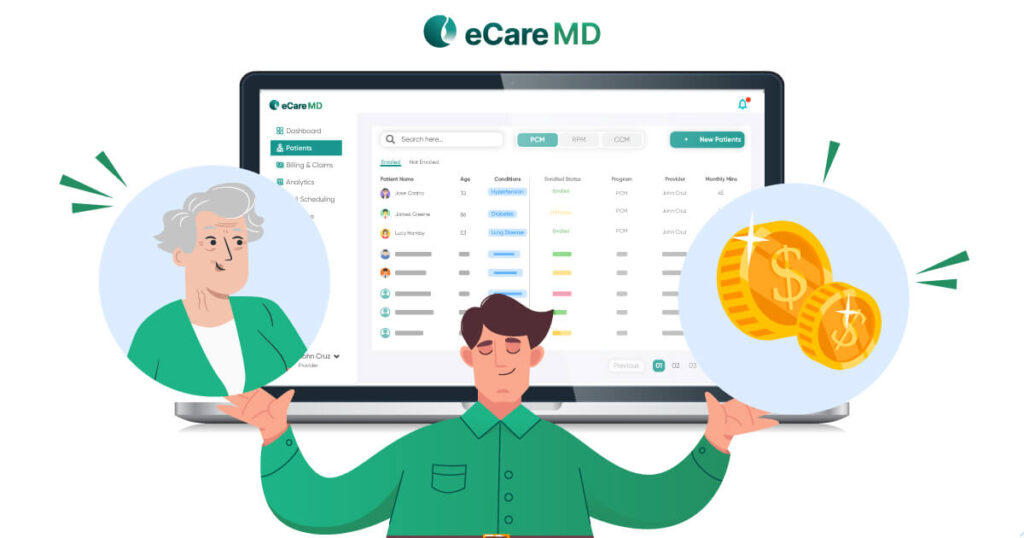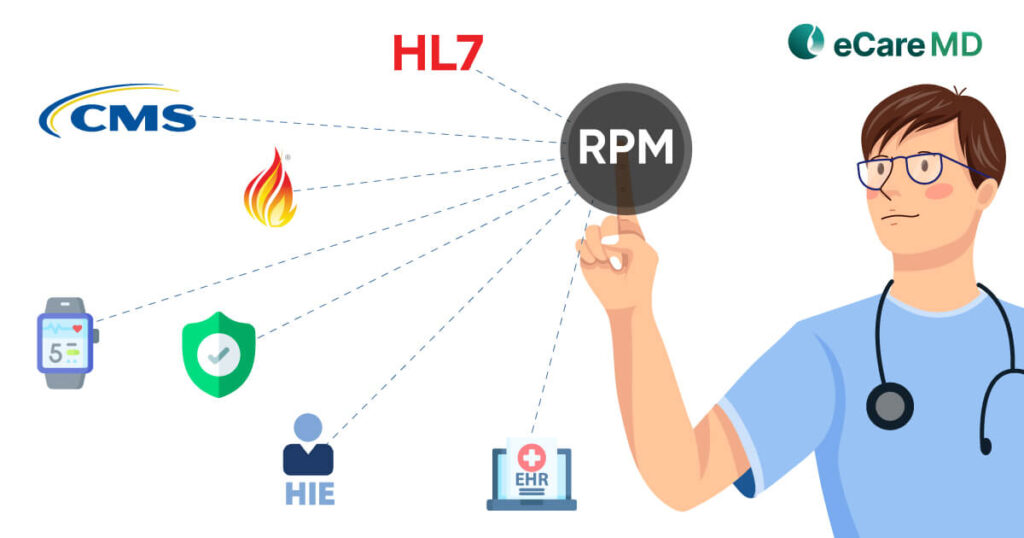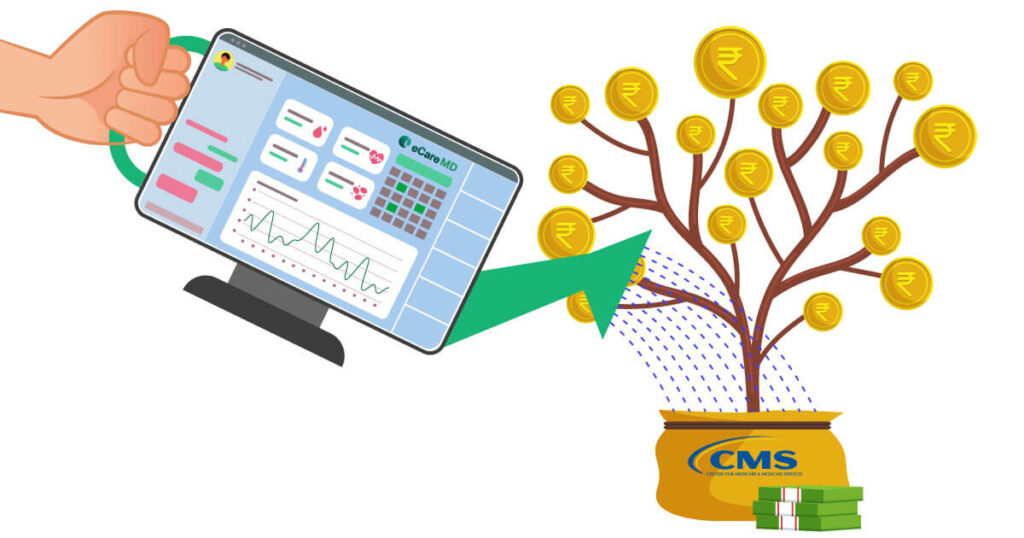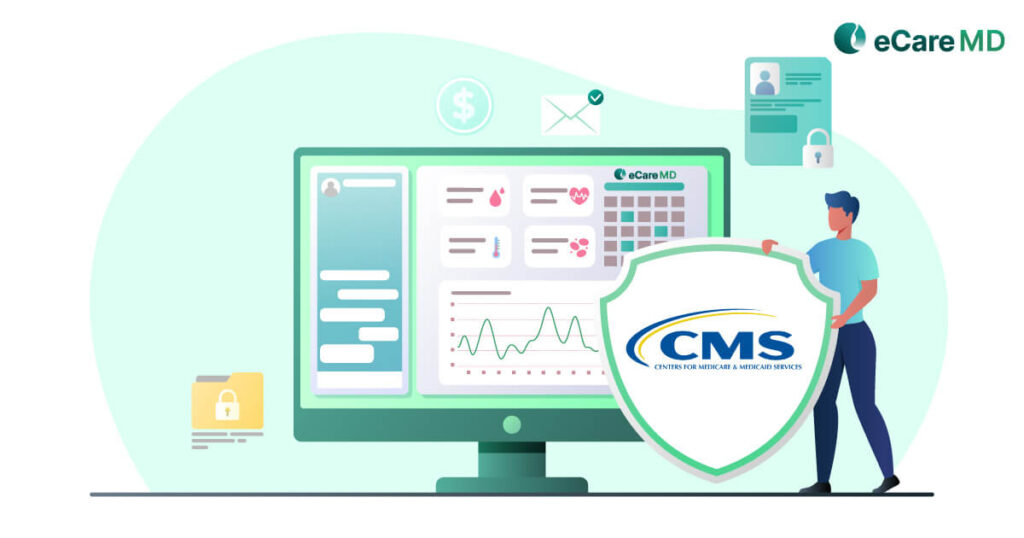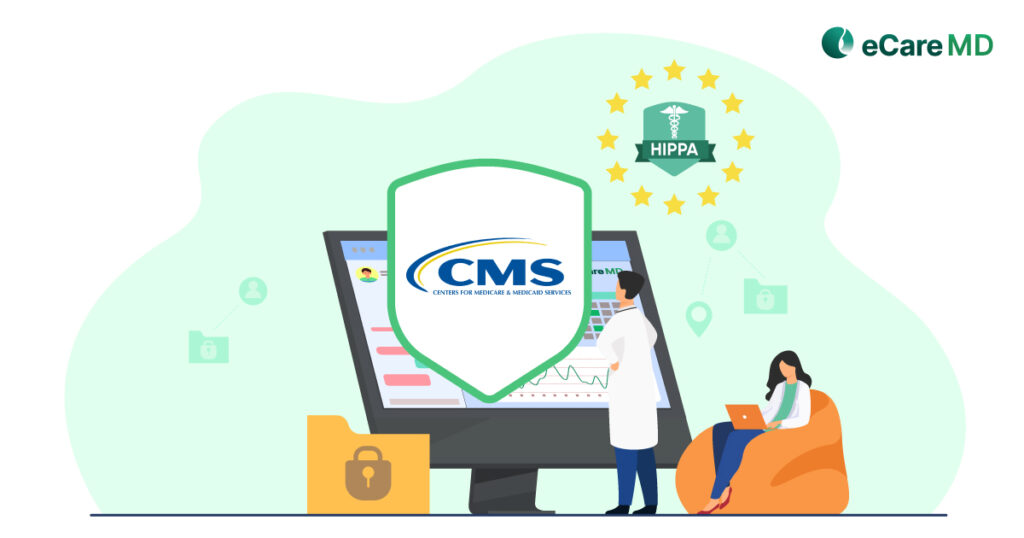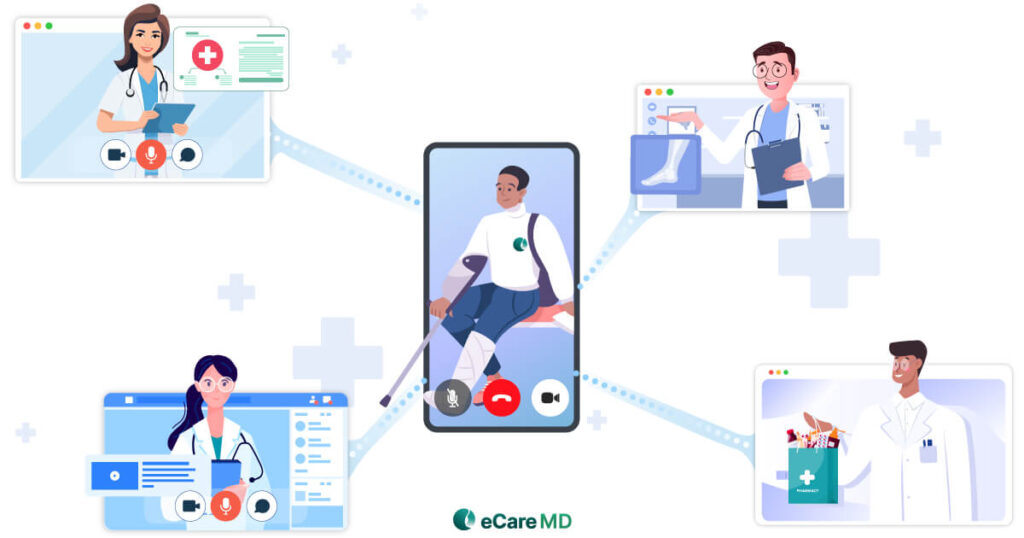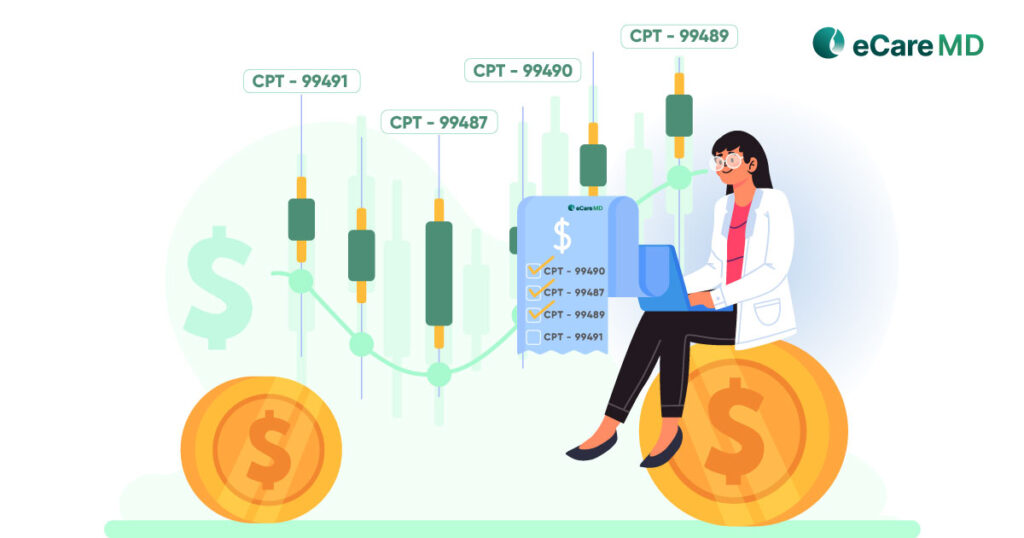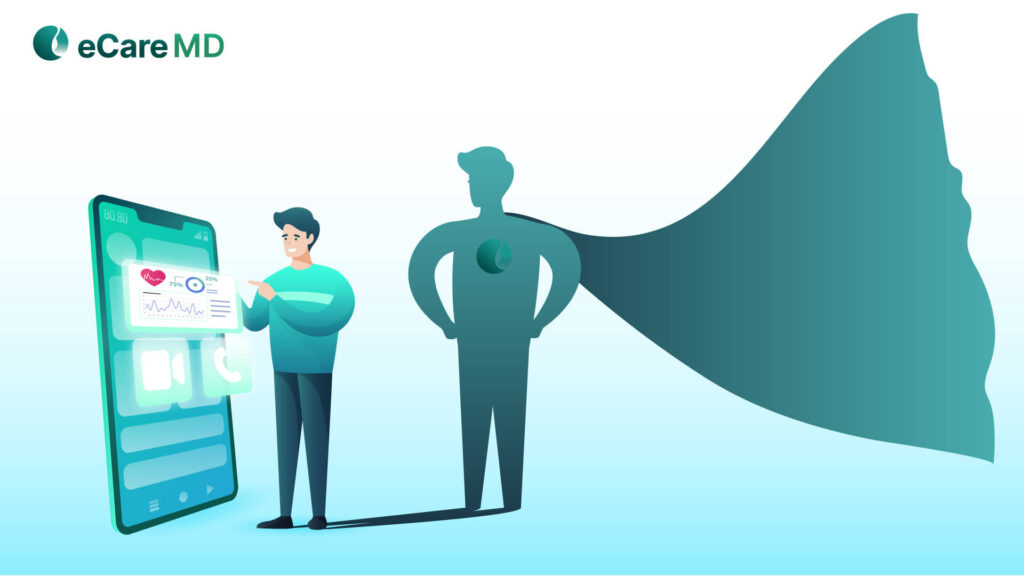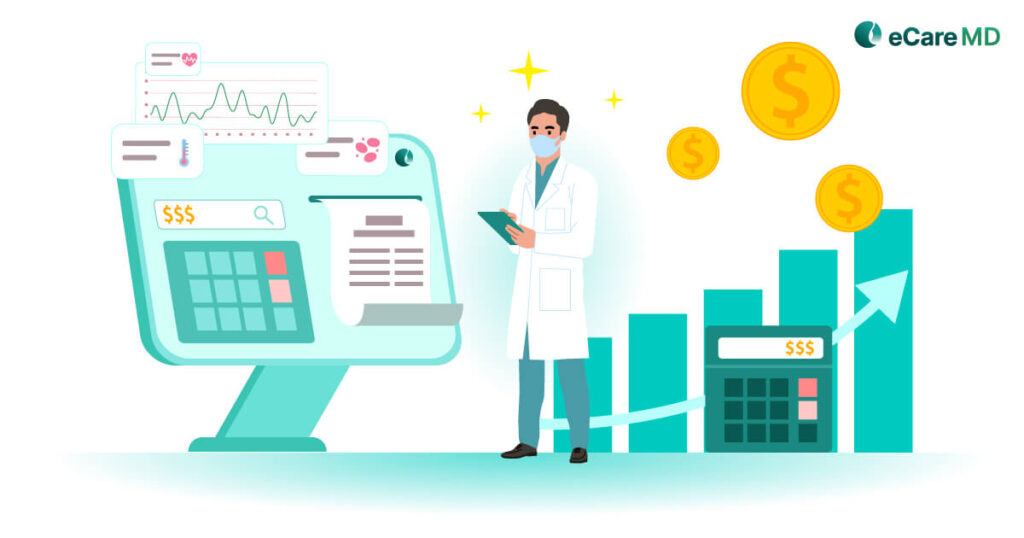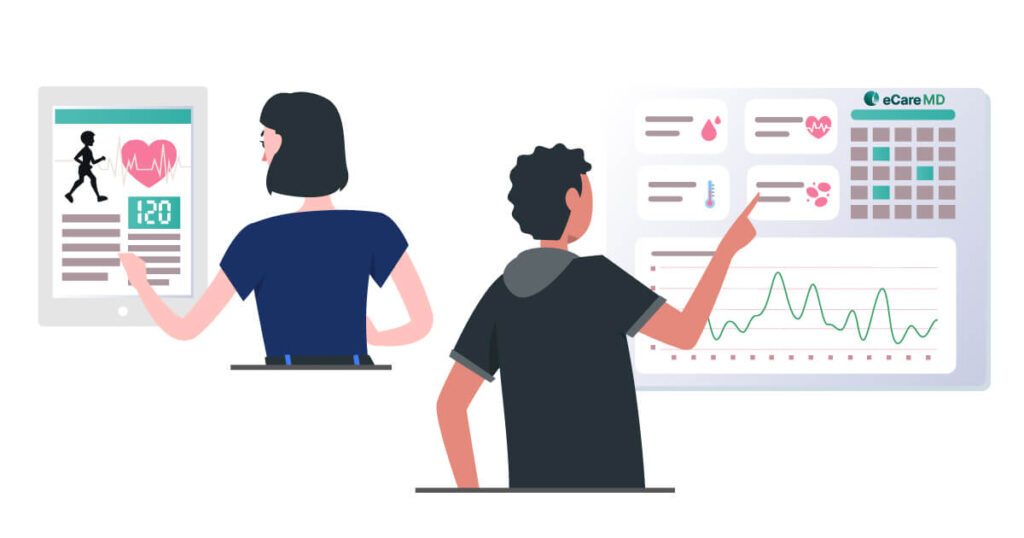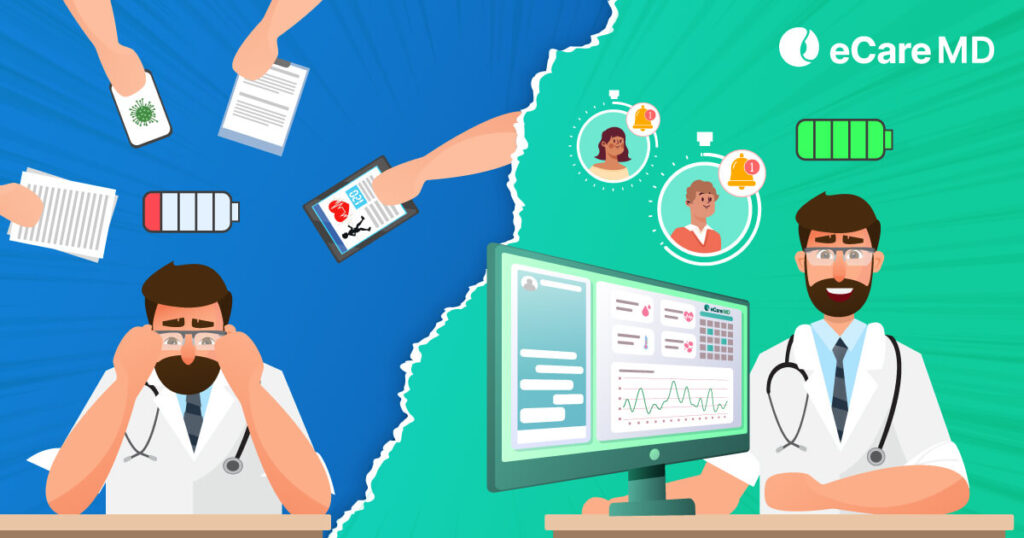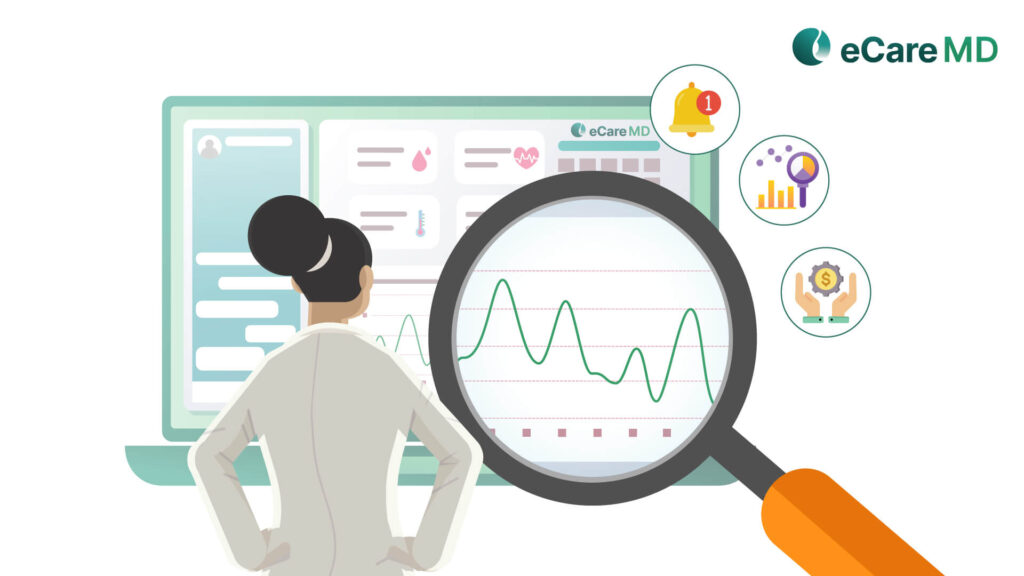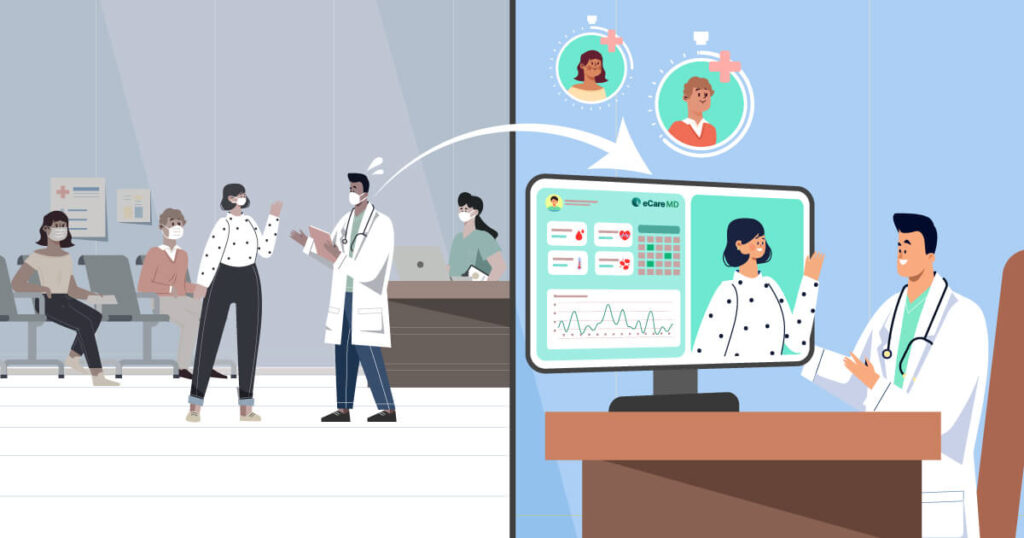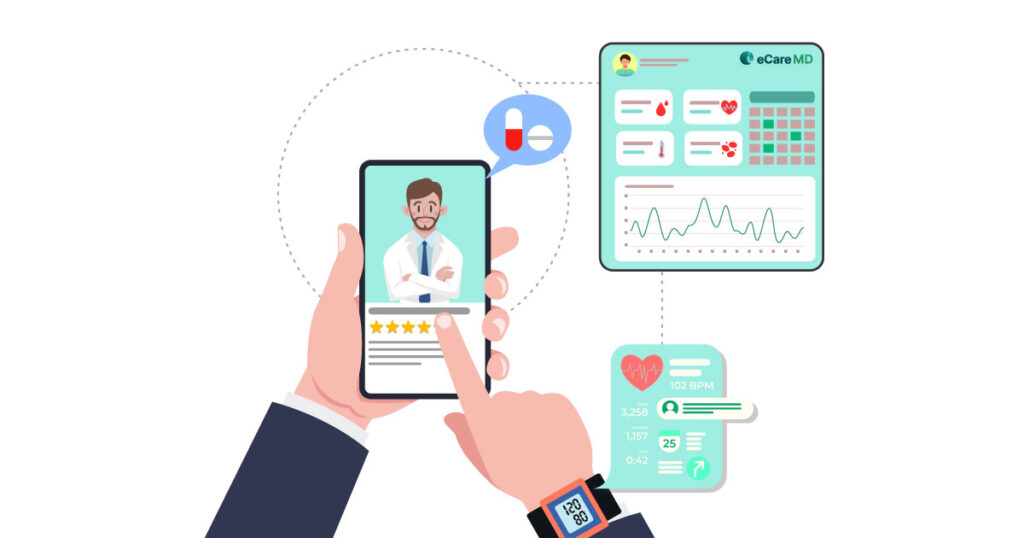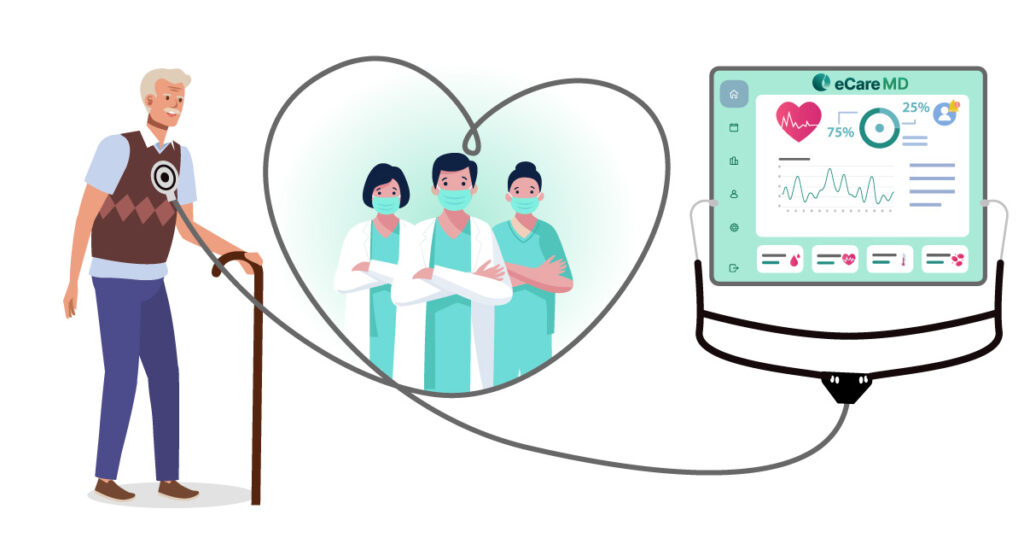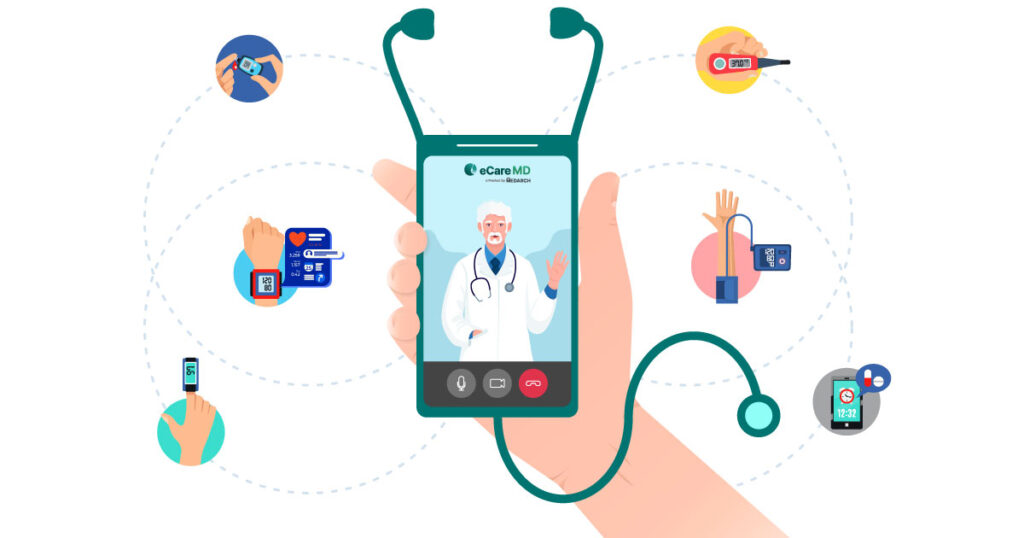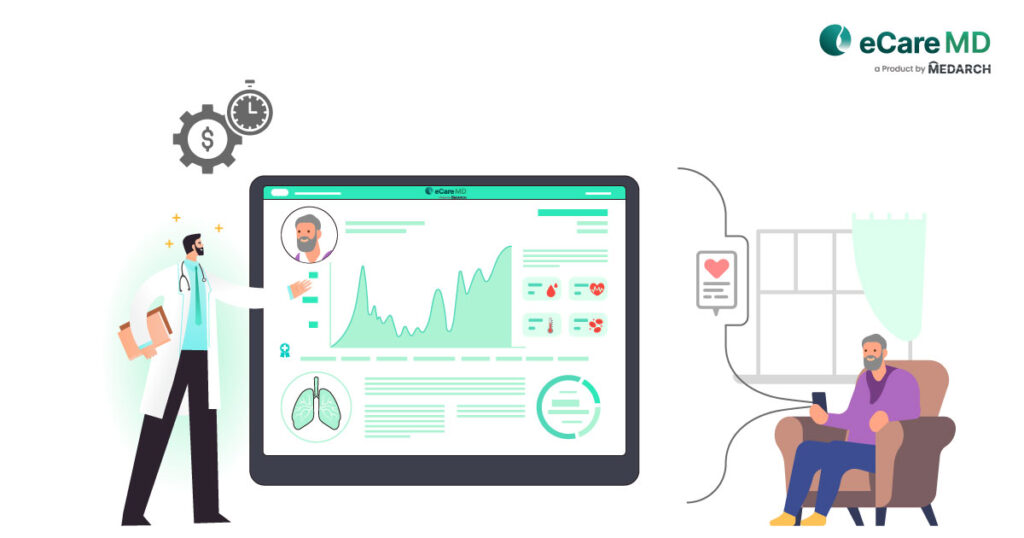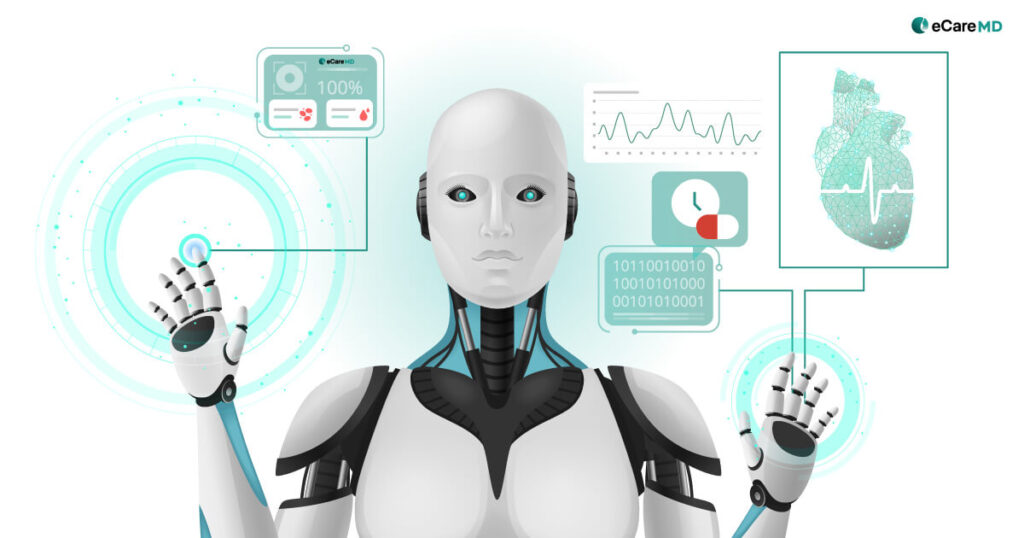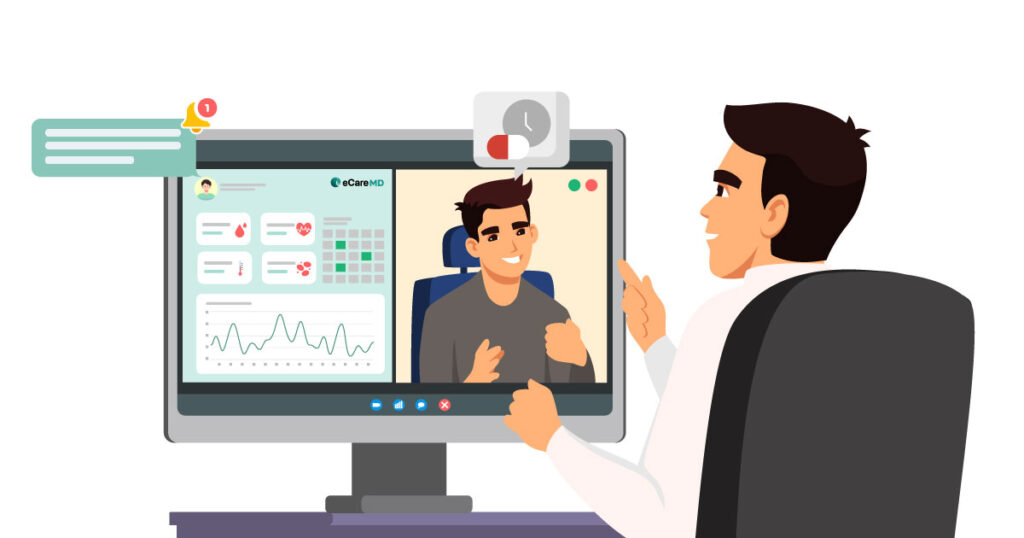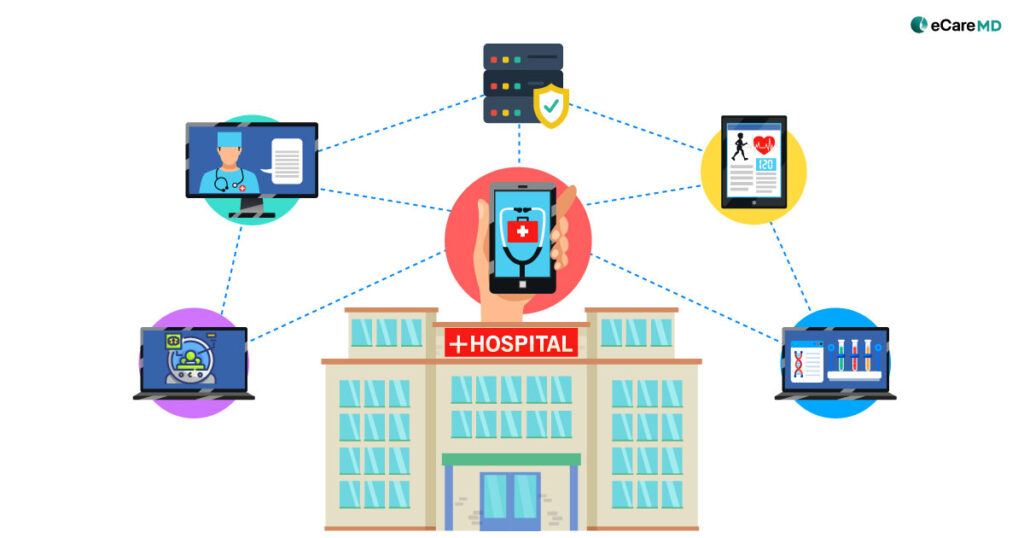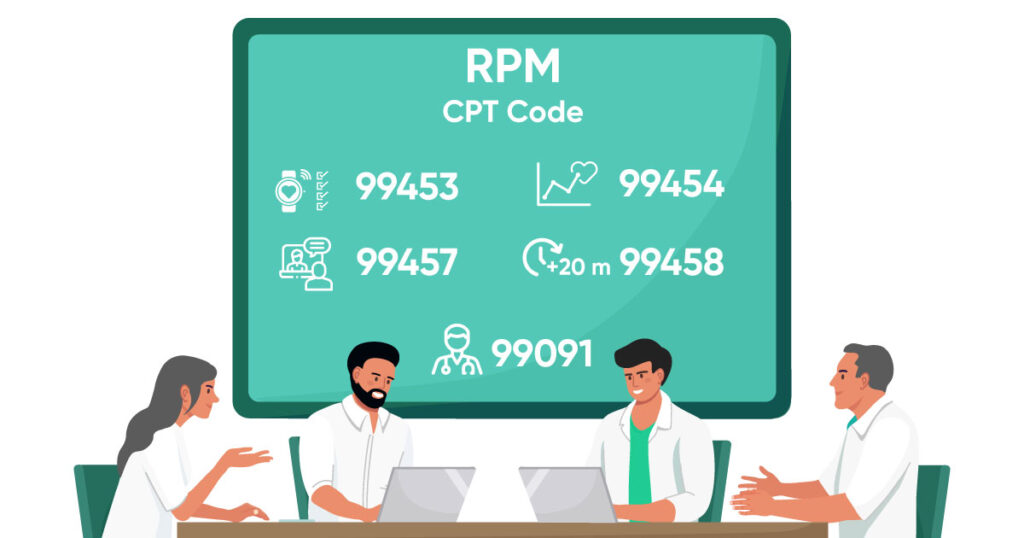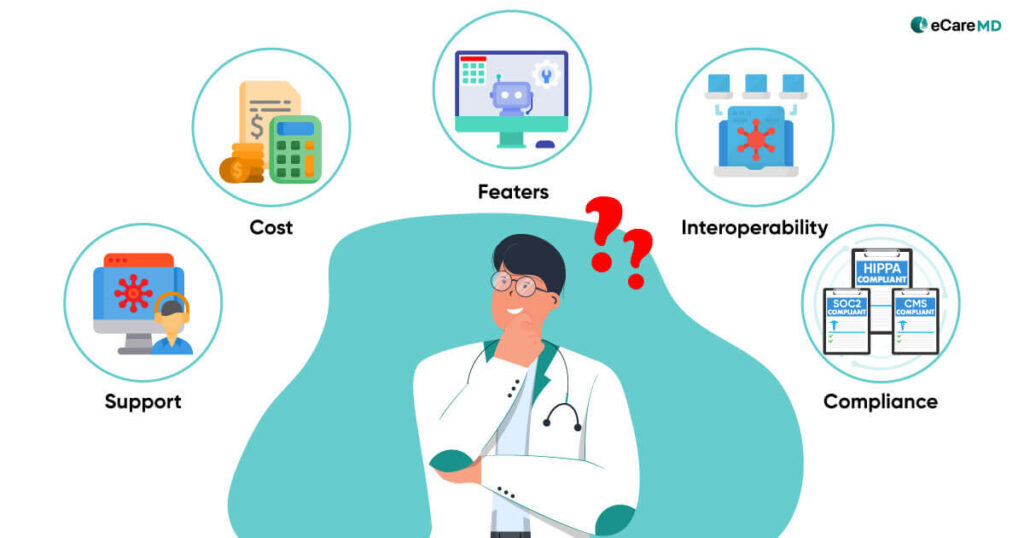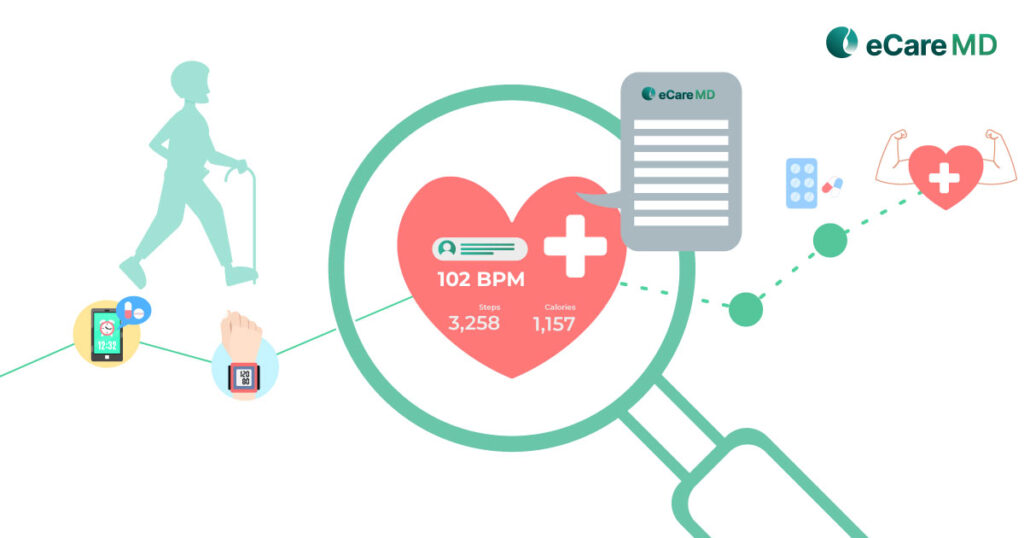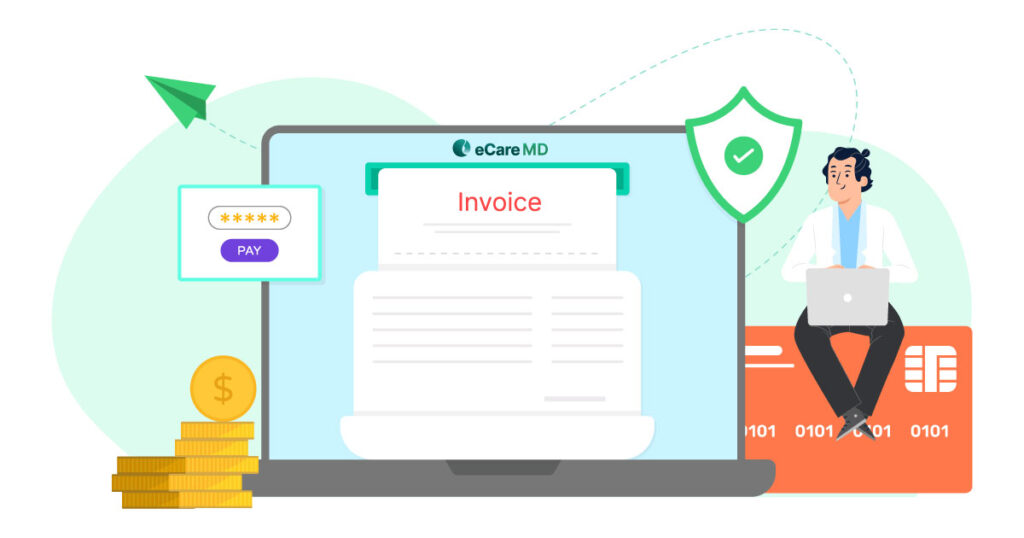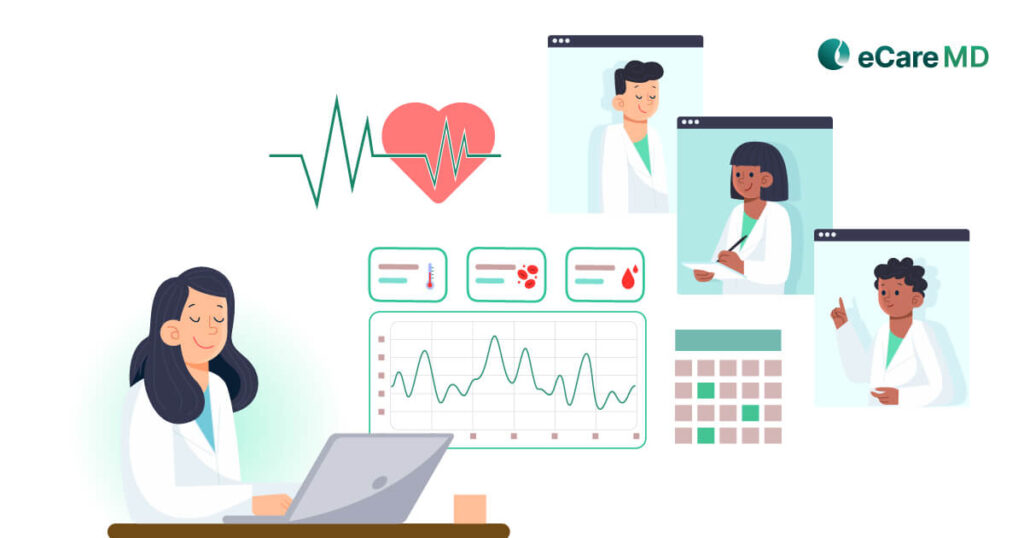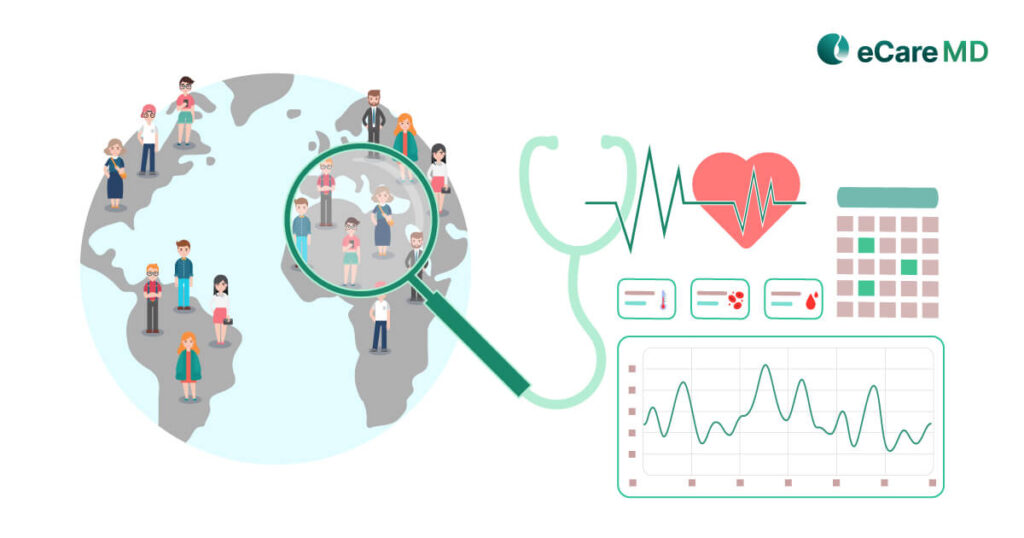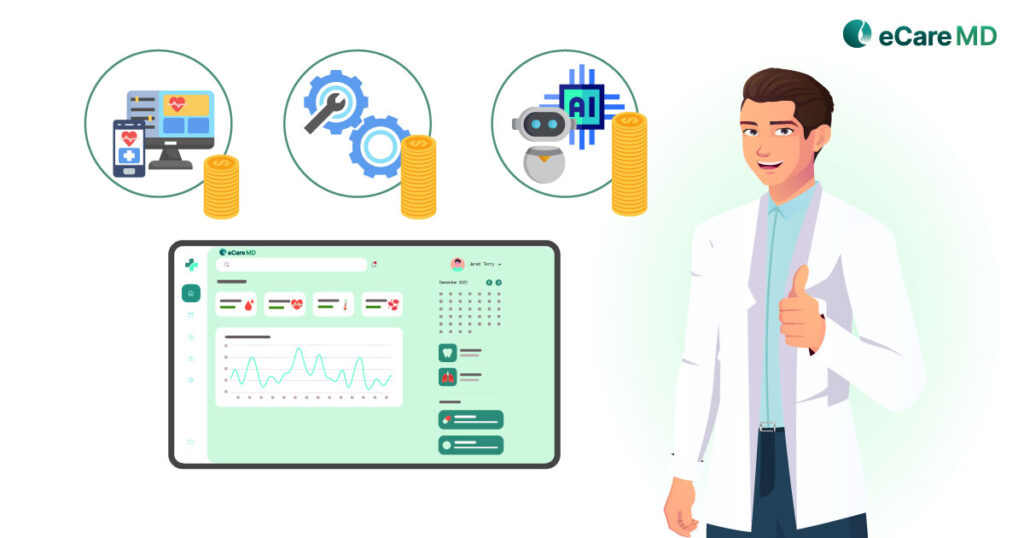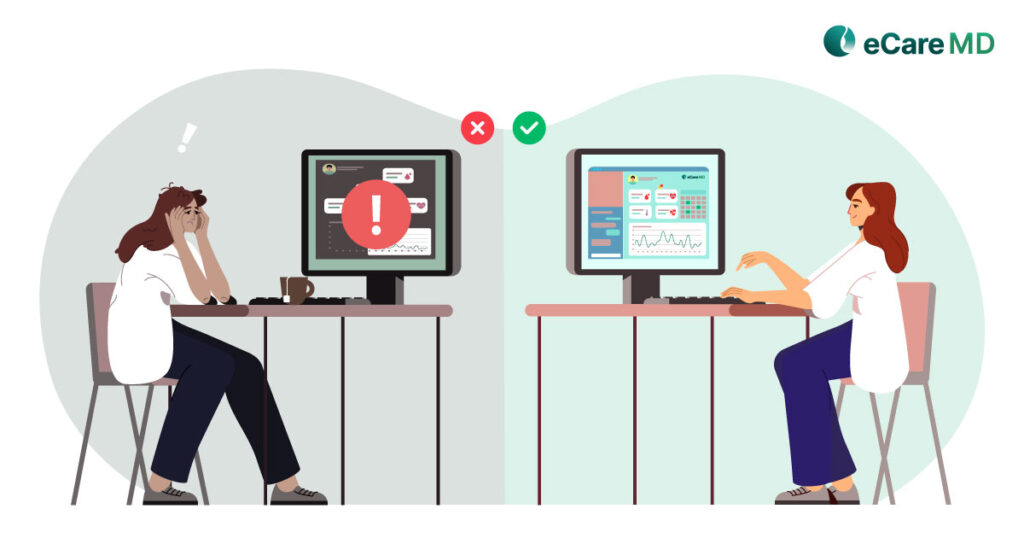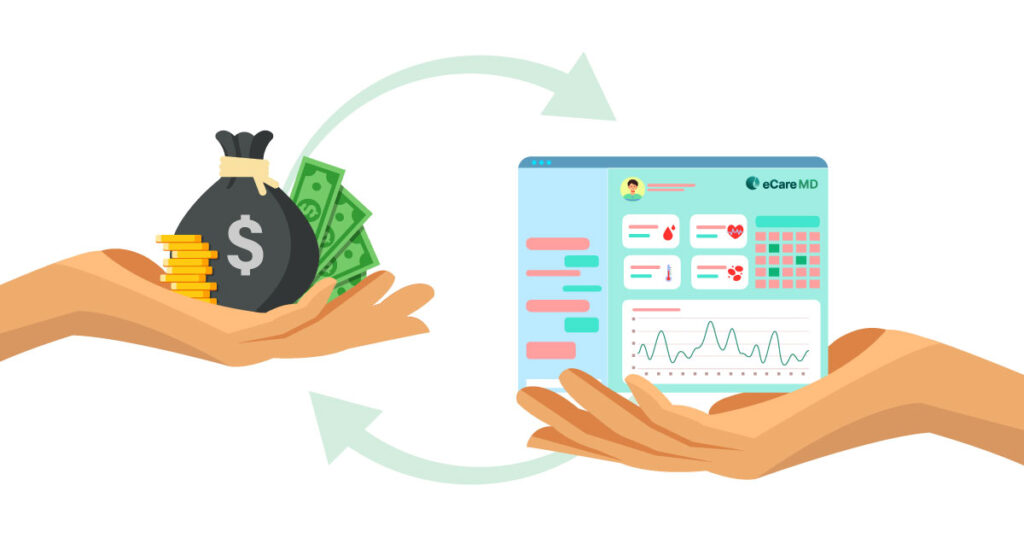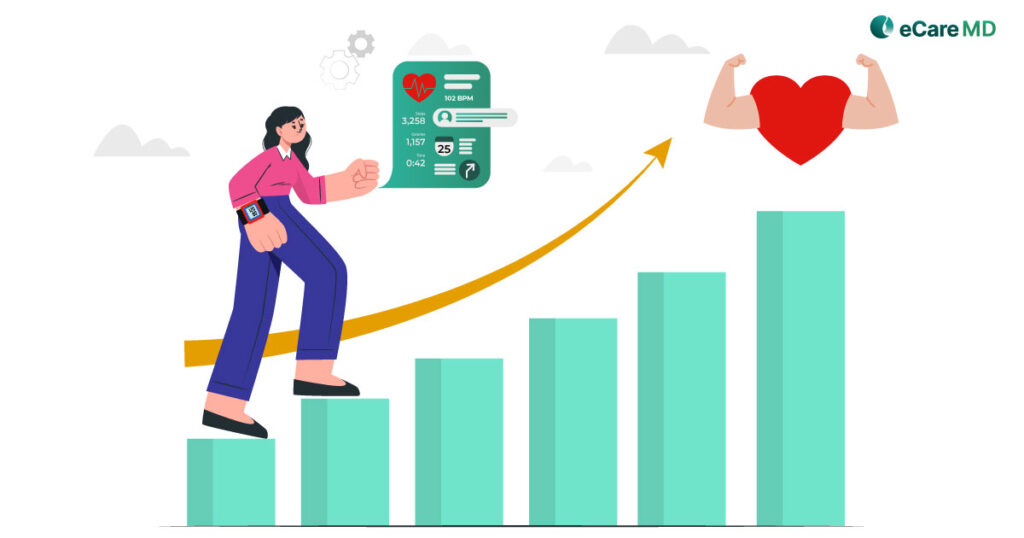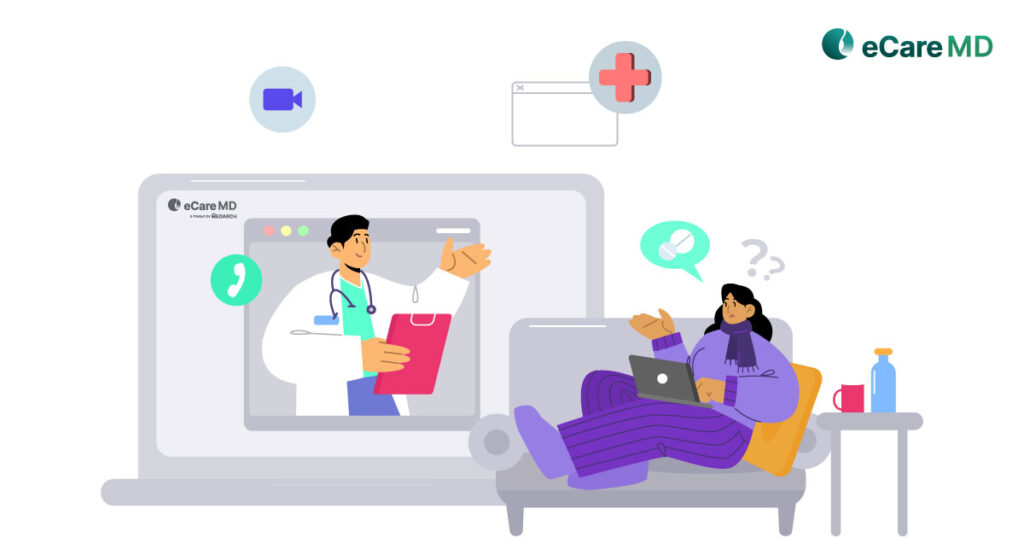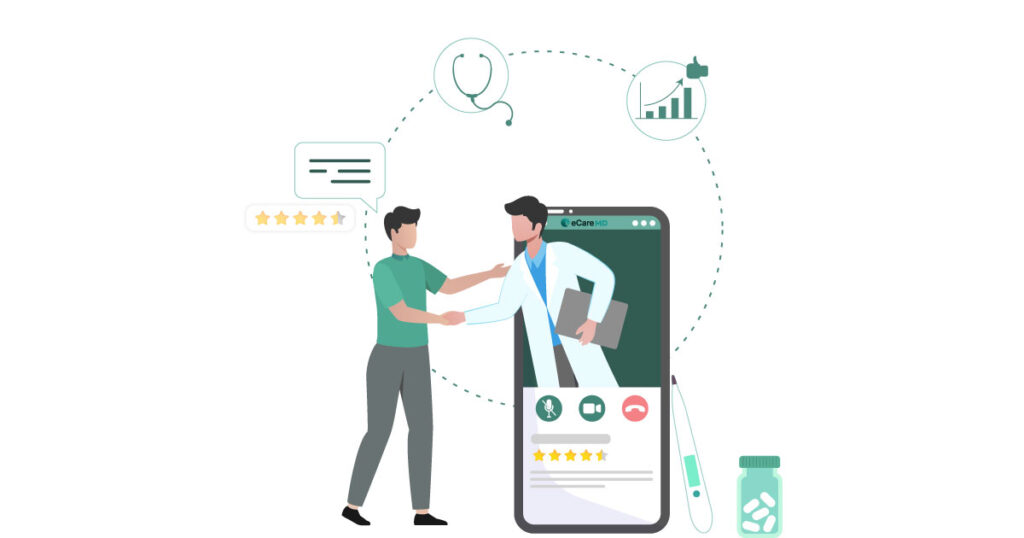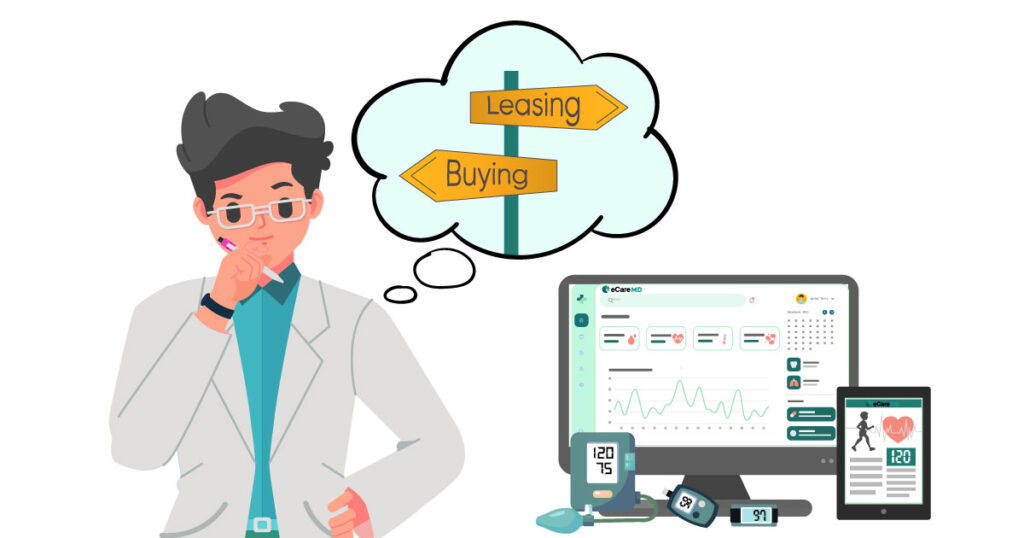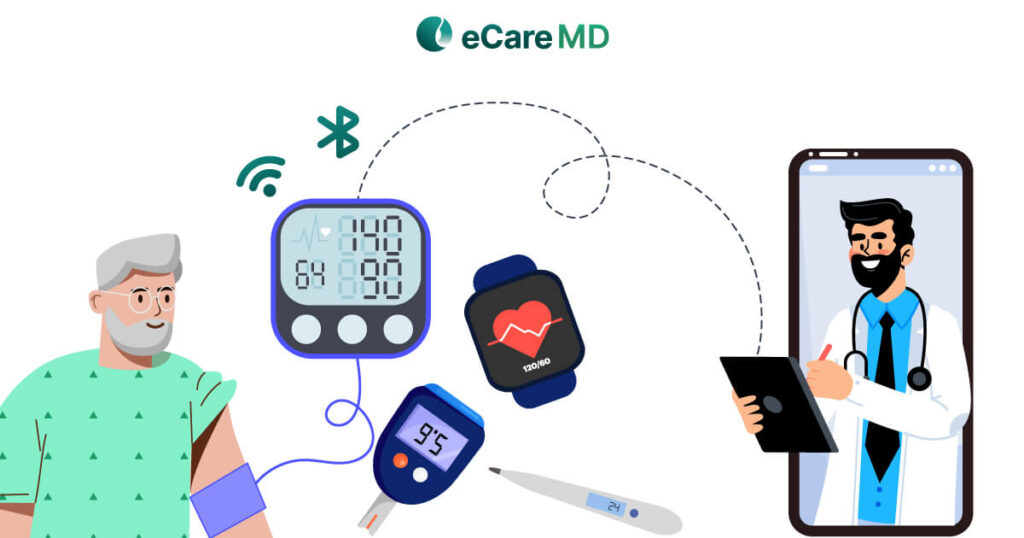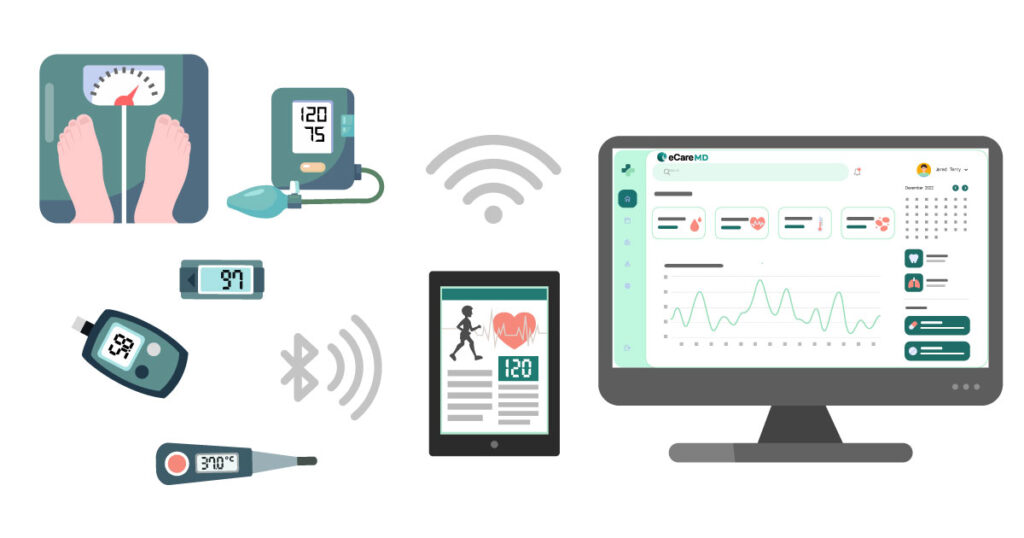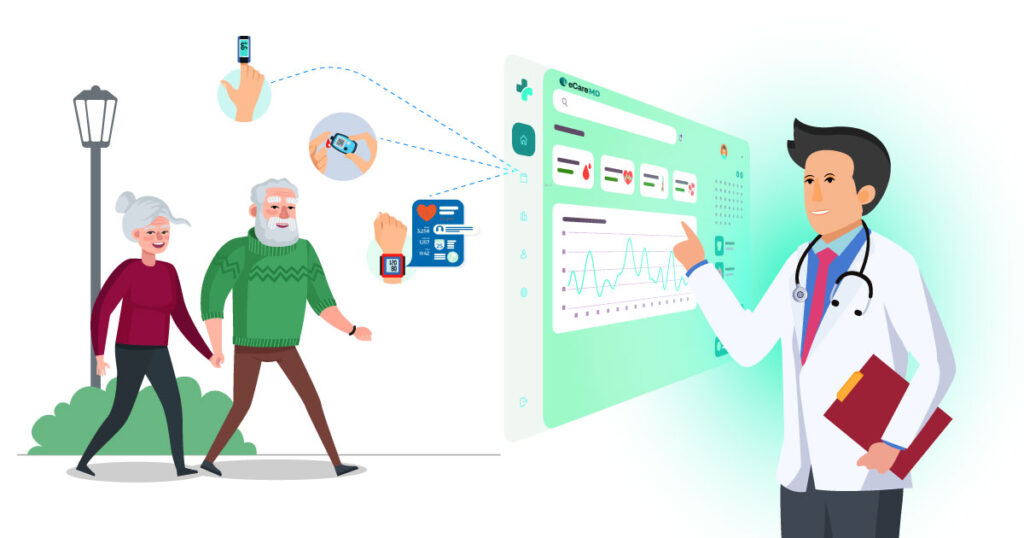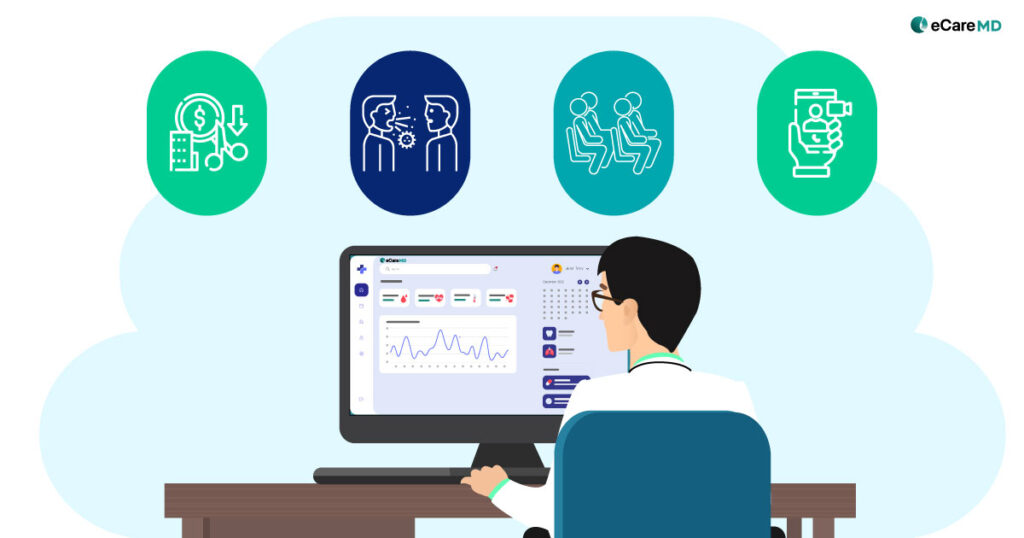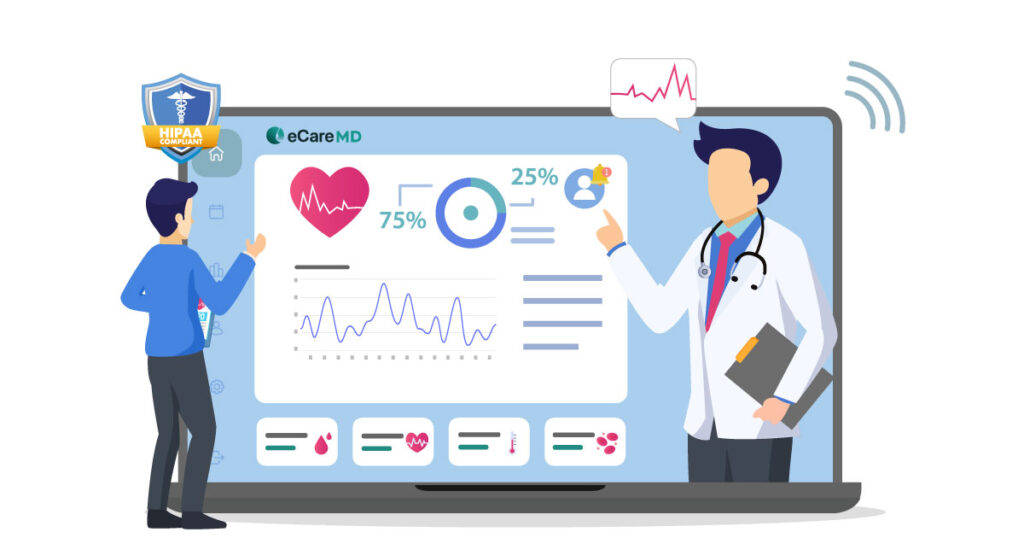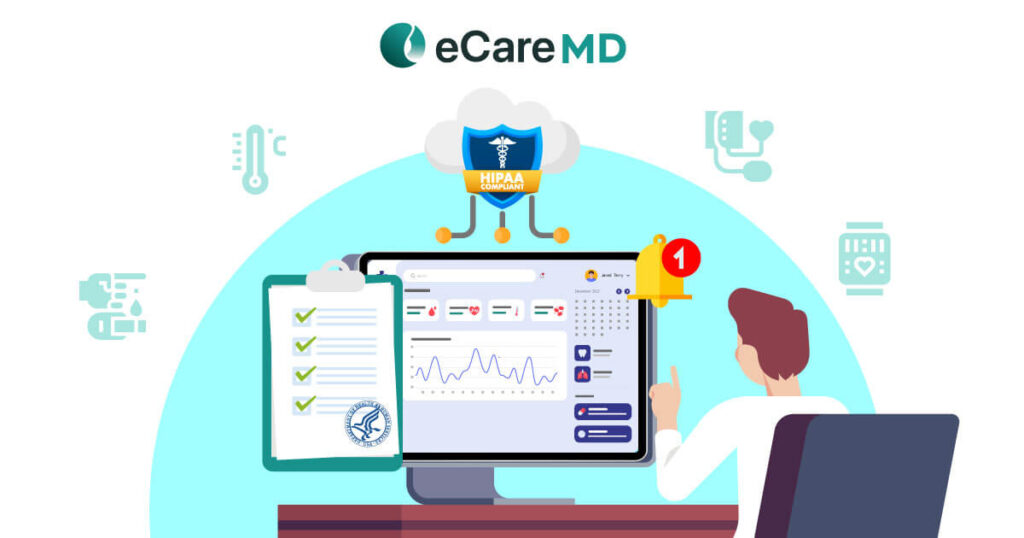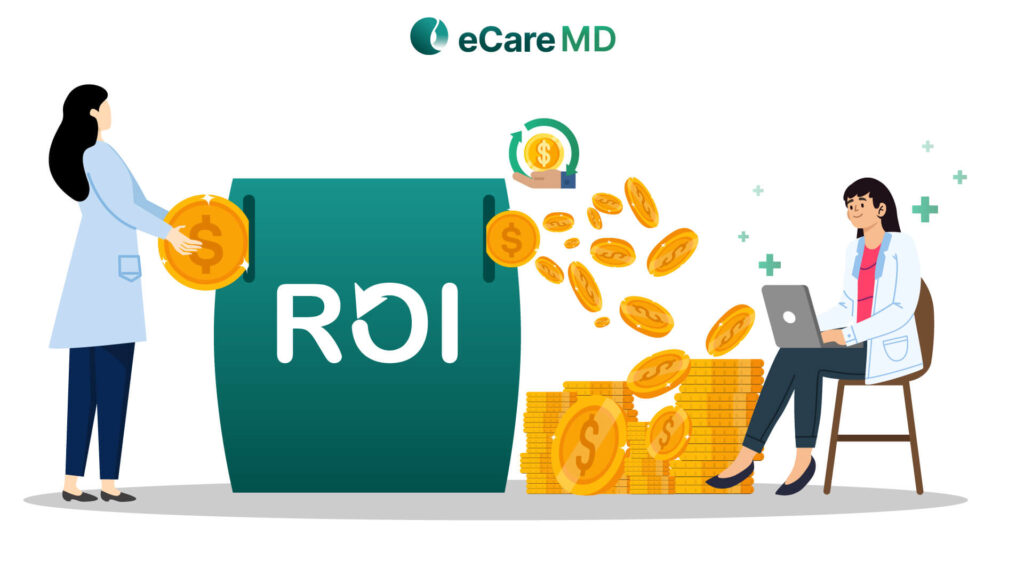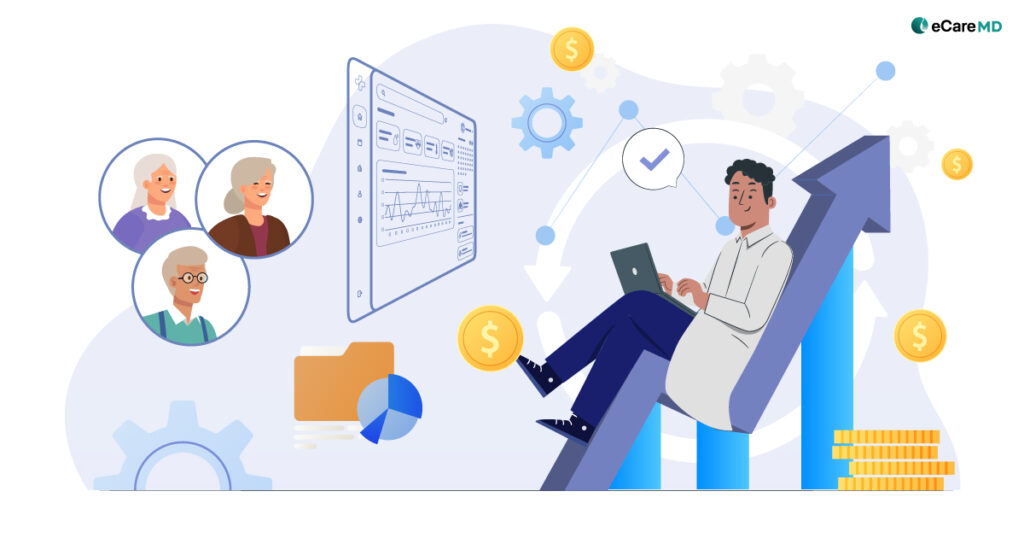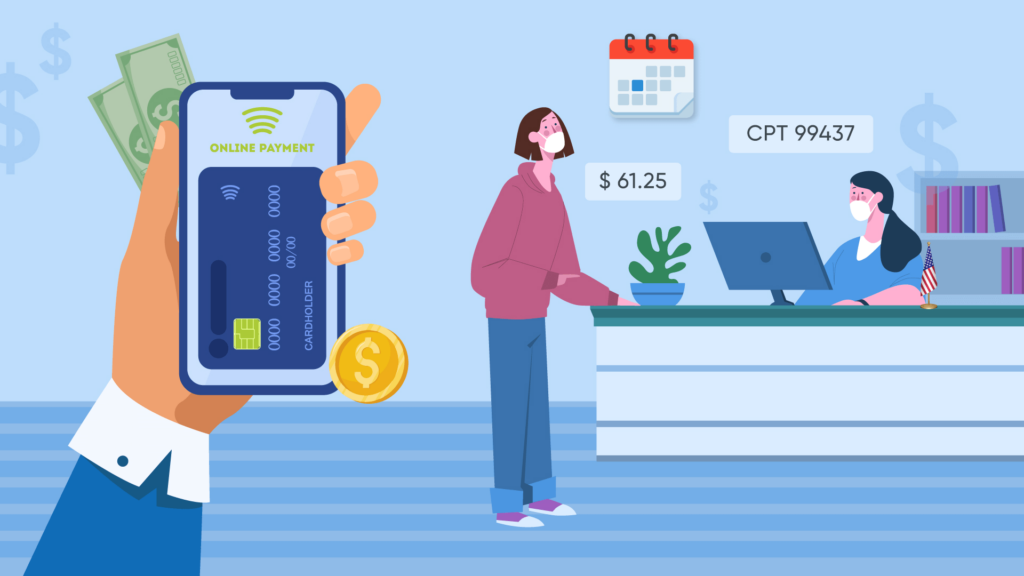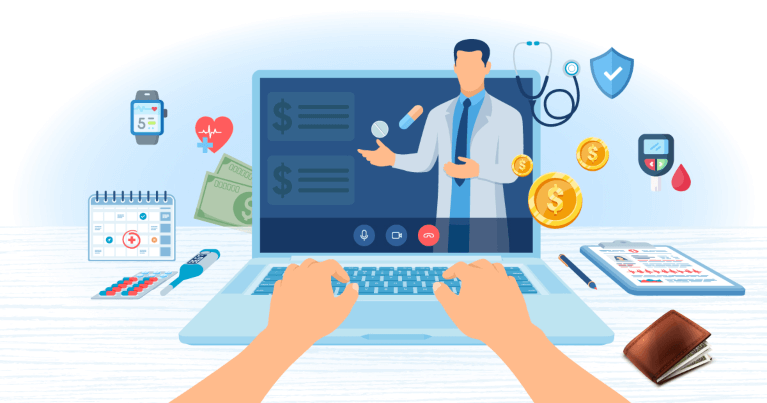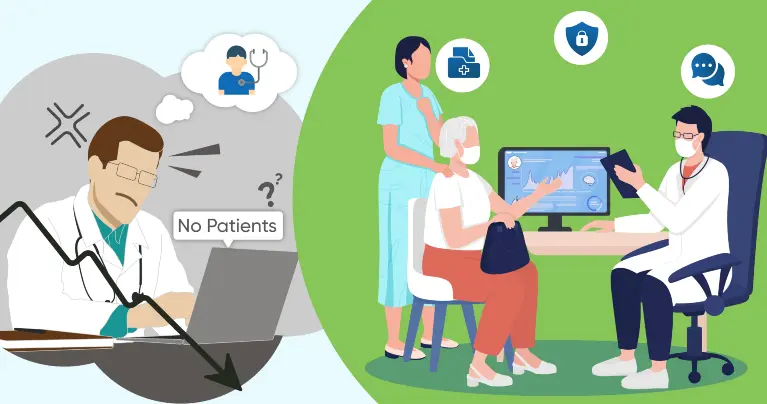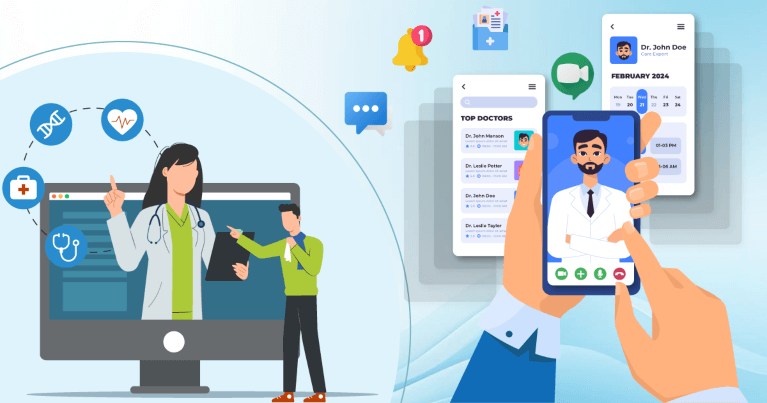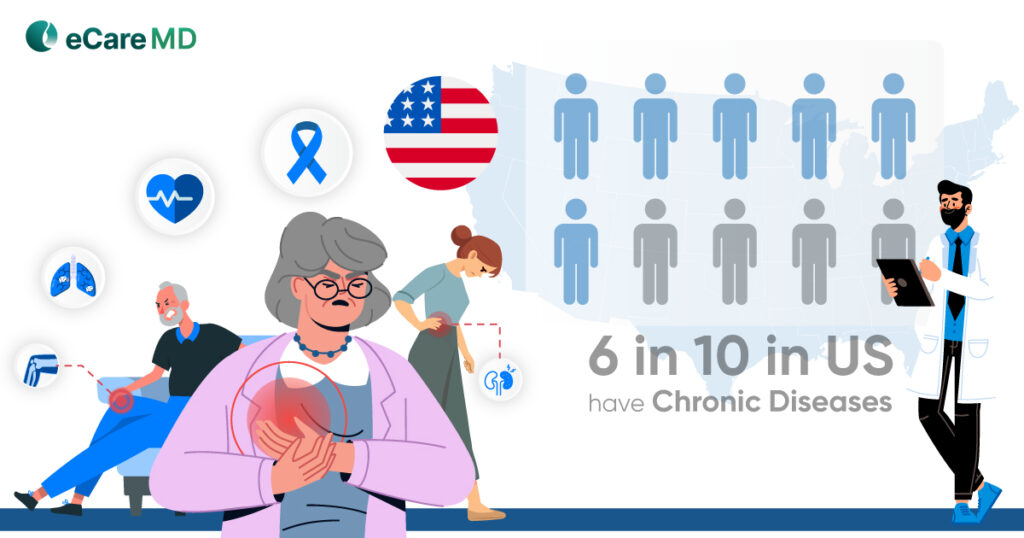Now, imagine using the same technology to manage chronic diseases and get real-time updates on patients’ health, and provide proactive care. This is where Principal Care Management (PCM) is heading with the use of mHealth applications. The PCM program is all about providing dedicated care for patients with a single chronic condition, ensuring they receive ongoing support even beyond the doctor’s office.
While providing patient care, communication becomes the key to effective care and engagement. This is where the mobile principal care management software plays an important role and streamlines the patient-provider communication. With the help of technology, the mHealth application makes sure that the conversations are on time and accessible.
Let’s look at some of the technologies used for this:
With these mobile PCM features, providers can efficiently improve patient engagement and treatment adherence and easily connect with patients.
Mobile principal care management software leverages wearable devices to track and collect patient health data. By integrating with devices, it continuously monitors patients’ vitals such as blood pressure, heart rate, and glucose levels.
These real-time insights provide providers with the needed data to personalize patient care and provide higher-quality care. Moreover, its mobile-friendly symptom-tracking tools empower patients to track their health status, including pain levels, mood fluctuations, and changes in symptoms.
This self-reported data provides valuable insights to help the care team track health and adjust the care plan accordingly. Additionally, automated alerts can notify providers when a patient’s data indicates potential health risks, enabling timely interventions before complications arise.
Another significant advantage of a mobile principal care management app is its ability to upload photos of wounds, rashes, or any other visual data. This feature allows providers to access the condition remotely, reducing unnecessary visits while providing prompt medical assistance when needed.
Having adherence to the care plan is of the utmost importance for managing chronic conditions effectively. However, many patients struggle with following medication schedules, making recommended lifestyle changes, and managing daily care tasks. With a mobile-first PCM, you can address these challenges by providing interactive tools, real-time support, and giving alerts and reminders.
These tools and features improve patient involvement and engagement, helping to keep patient on track with their treatment. In this, interactive medication reminders play a crucial role in improving medication adherence. Moreover, mobile applications can send timely reminders and alerts to caregivers in case of missed dosages. These features help prevent gaps in treatments and improve patient outcomes.
Along with this, mobile apps provide patients with the necessary and reliable educational content and help increase their awareness. Through these platforms, patients can access clear, easy-to-understand information on their health conditions, prescribed treatments, and lifestyle changes. All of this enables them to make informed decisions and understand their needs more effectively.
Mobile PCM apps also bring gamified elements such as points and rewards to motivate patients to follow the care plan as well as the daily checklist. They are rewarded for completing tasks such as taking medications, exercising, and logging symptoms. These points can be exchanged for virtual or real-world rewards, and keep patients interested in the care journey.
When it comes to making a PCM program effective, it requires seamless coordination among the healthcare providers. A principal care management app empowers caregivers and providers with real-time access to patient data, streamlined communication, and enhanced workflow efficiency, ultimately leading to improved patient outcomes.
In addition, mobile dashboards allow care coordinators to access patient records, monitor care plans, and track patient progress from any location. This flexibility ensures that providers can make informed decisions quickly, leading to fewer delays in delivering care. Real-time notifications also allow providers to be aware of critical patient updates, medication adherence issues, or urgent care needs, enabling proactive interventions.
It provides secure access to electronic health records (EHR) and communication tools to improve collaboration among the care team members. With this, providers can review patient histories, update care plans, and securely interact with patients easily, all from a single mobile device.
Furthermore, the ability to document patient encounters directly from a mobile device streamlines administrative tasks, reducing paperwork and ensuring accurate, up-to-date records. By adopting mobile-first PCM solutions, healthcare organizations can enhance care coordination, improve provider efficiency, and ultimately deliver more effective patient-centered care.
Access to quality care remains a significant challenge for many individuals, especially those from remote and underserved communities, because of the limited care and transport facilities. But, with a mobile-first approach to PCM, this gap can be bridged effectively by enabling patients to connect with providers irrespective of location. With virtual consultation and remote monitoring, patients from these areas can access quality patient care on time.
Moreover, this also proves a boon for patients with mobility limitations or chronic conditions; frequent in-person visits are not always possible. So, with virtual consultation and remote patient monitoring integrated with the mobile PCM application, they can access complete care from the comfort of their homes.
Additionally, bringing multilingual support and accessibility features within the mobile platform ensures that the broader patient population can effectively use these services. This feature eliminates any language barriers and improves accessibility for patients from multiple regions.
By reducing the need for in-person visits, mobile-first PCM not only saves patients’ time and travel expenses but also enhances overall healthcare efficiency. This approach brings greater engagement, better health outcomes, and a more equitable healthcare system for all patients, regardless of their circumstances.
A mobile principal care management app is connected to several health systems as well as to the providers’ data servers, so protecting it is quite crucial. This is why a PCM app that is compliant with digital healthcare regulations such as HIPAA, HITECH, and GDPR is necessary for data security and privacy. Alongside this, the product must be FDA-compliant and approved as it will connect with medical devices to collect and transmit the patient data.
Moreover, robust data encryption is needed to protect sensitive patient data and ensure its privacy. In addition to this, multi-level authentication is also needed to ensure that only authorized users are allowed to access the patient data. Here, you can implement methods such as biometric authentication, one-time passcode, and encrypted login details.
Beyond these safeguarding measures, educating patients on secure app usage is equally important. Patients should be aware of best practices, such as using strong passwords, enabling multi-factor authentication, and avoiding public Wi-Fi when accessing their healthcare data. Providing clear guidelines on protecting their personal health information fosters trust and reduces the risk of unauthorized access.
Last but not least, to achieve all of this effectively, you need to have a reputable and experienced development partner. With an experienced partner, you get expertise along with the established data security protocols. So, choosing a development partner also plays a significant role in ensuring data security and privacy.
